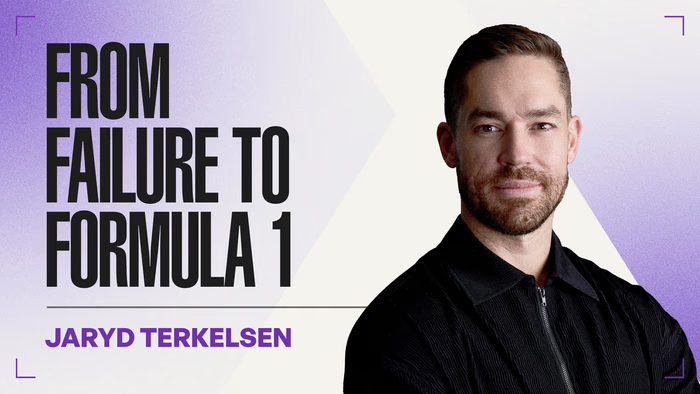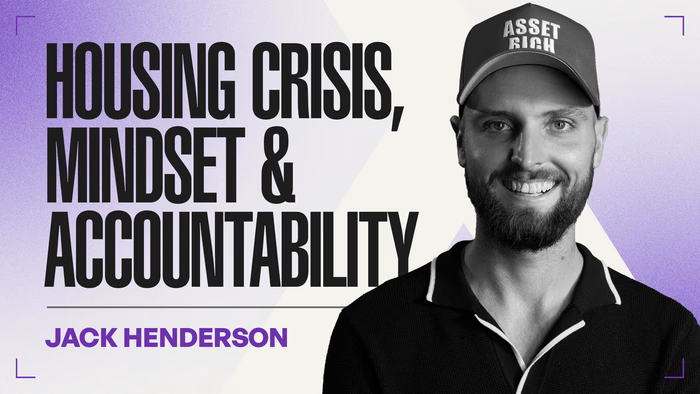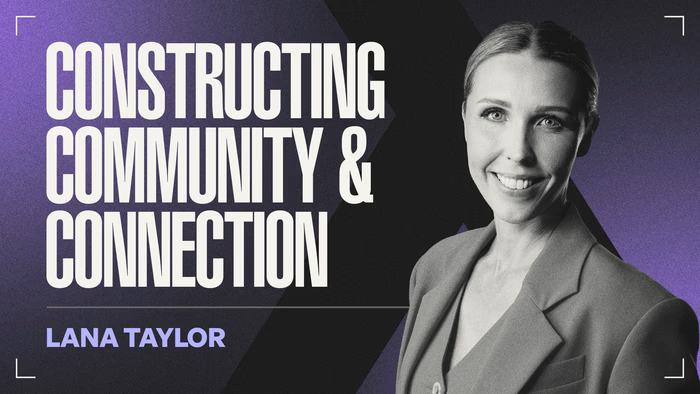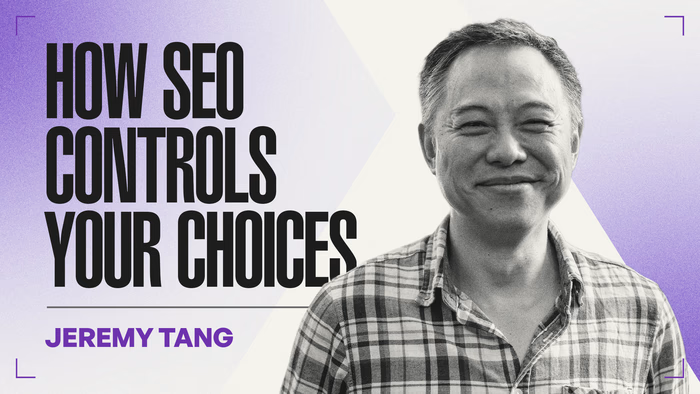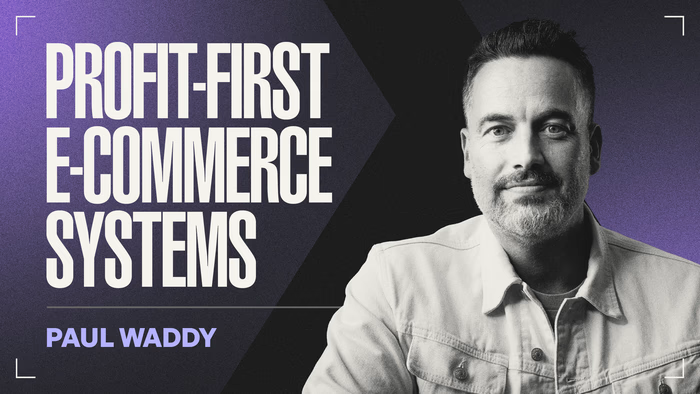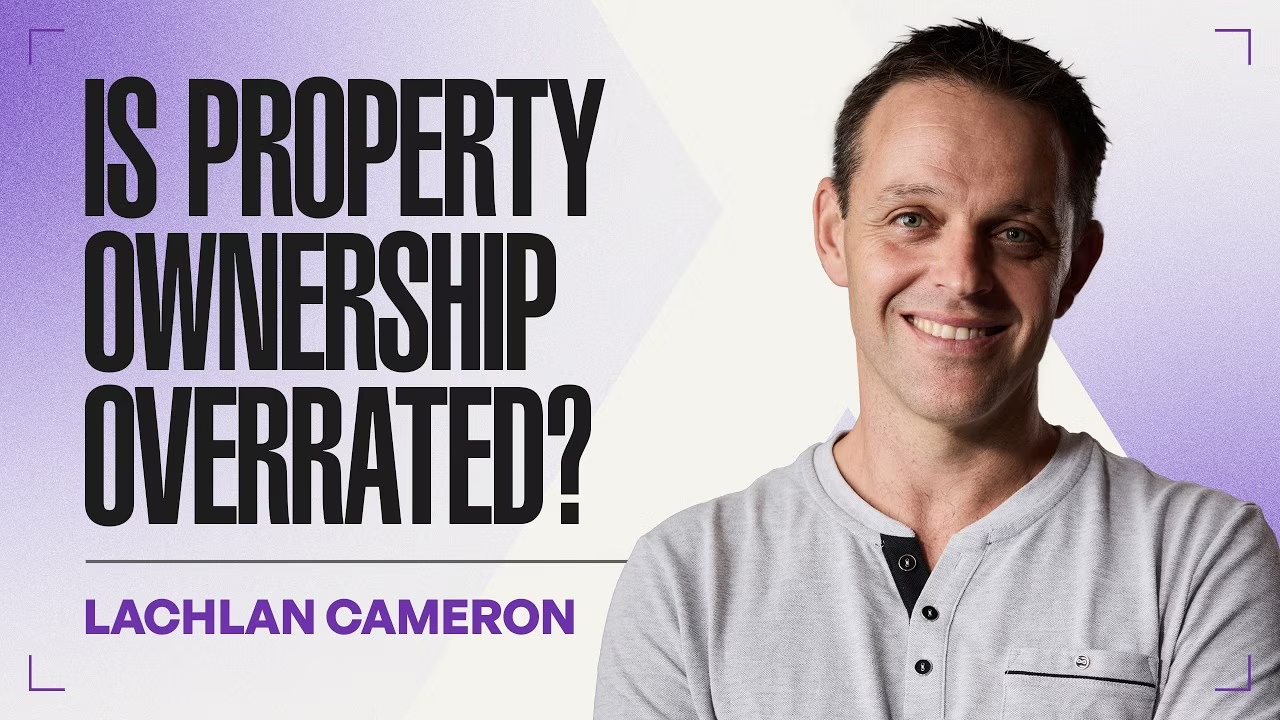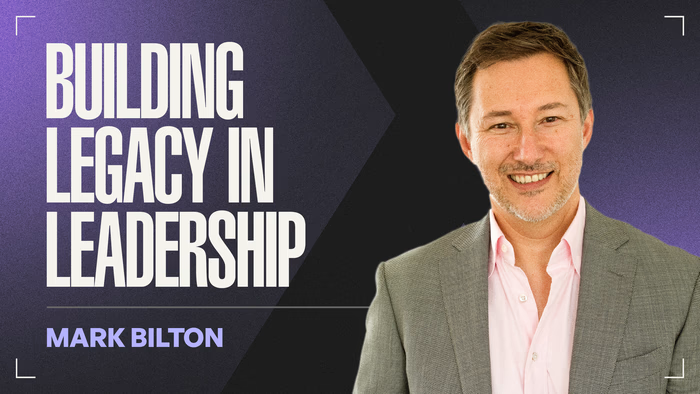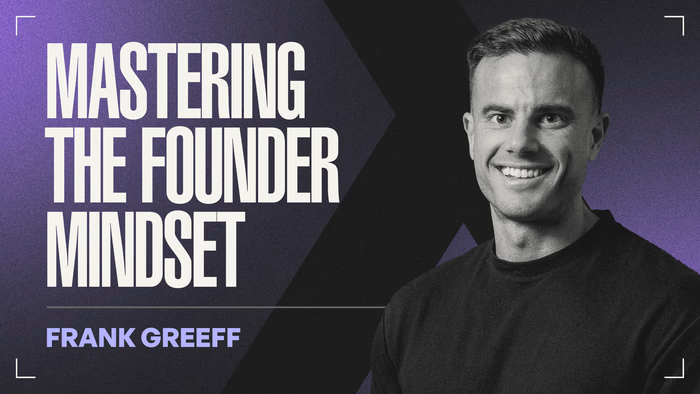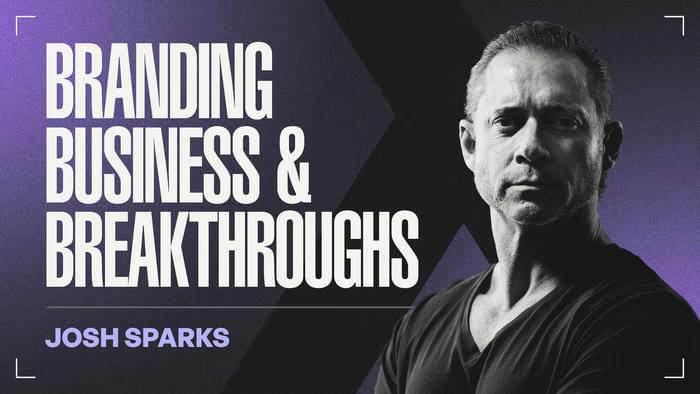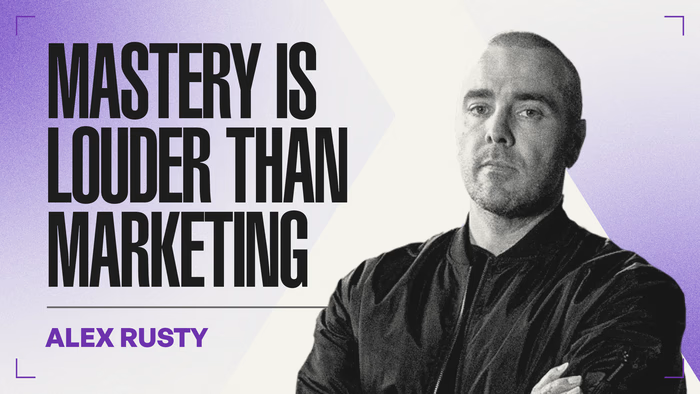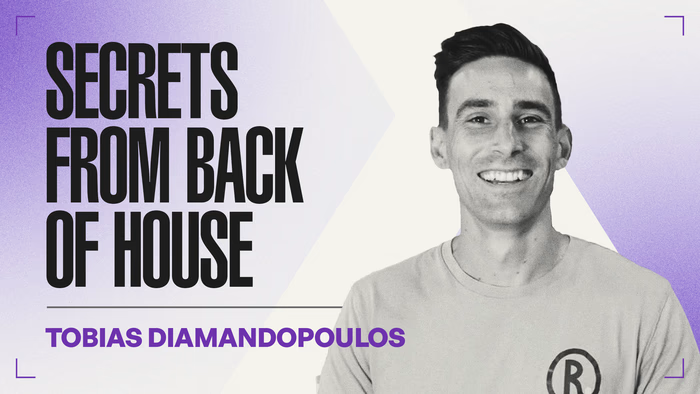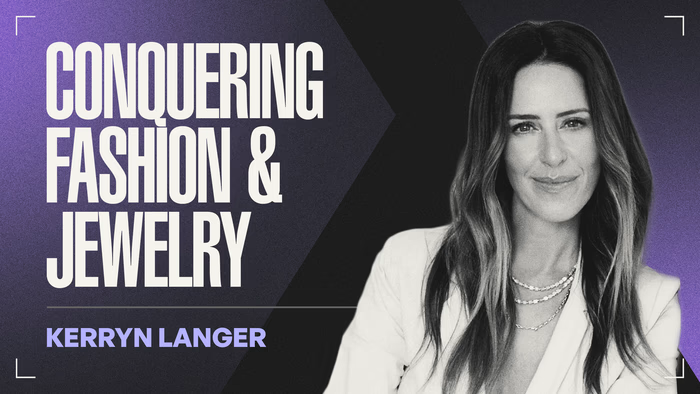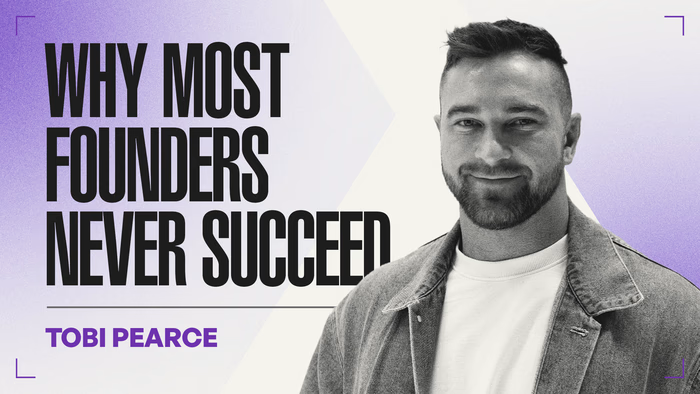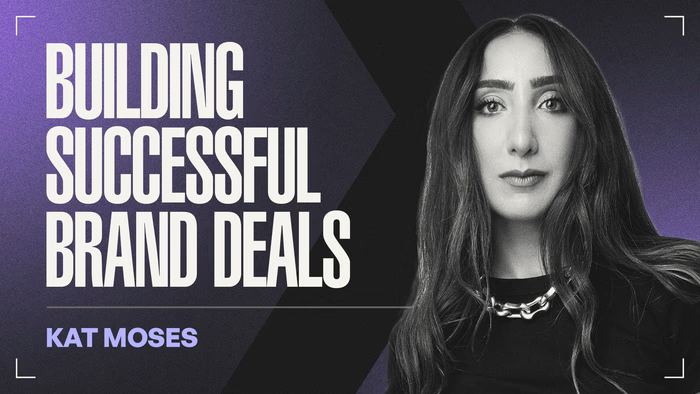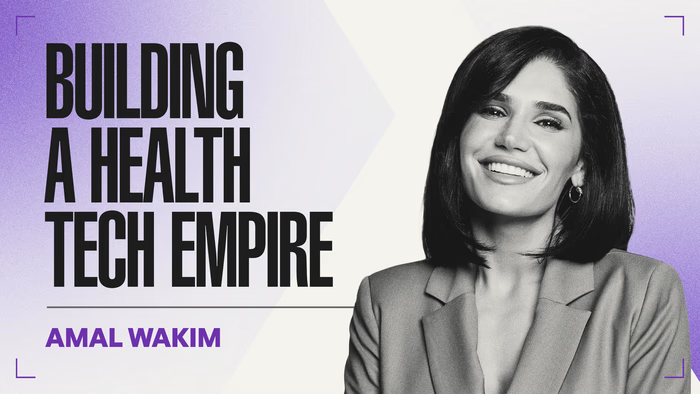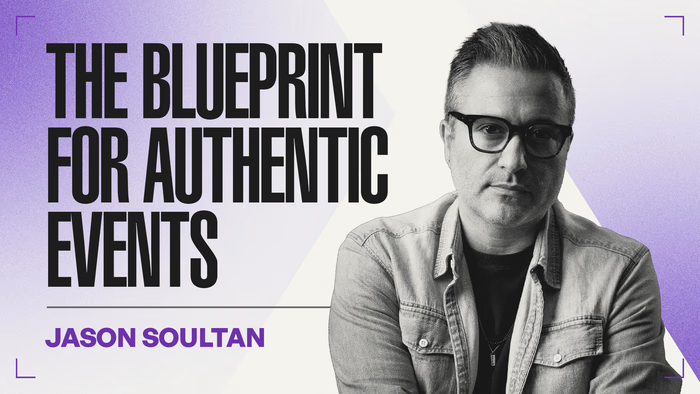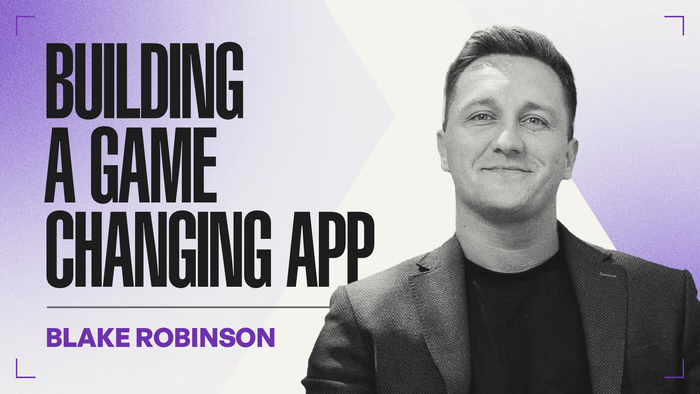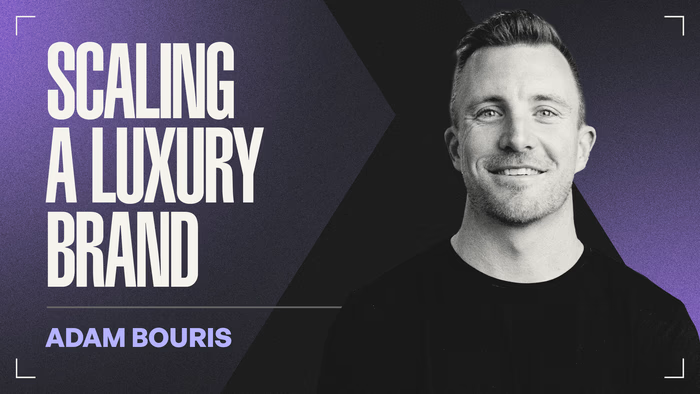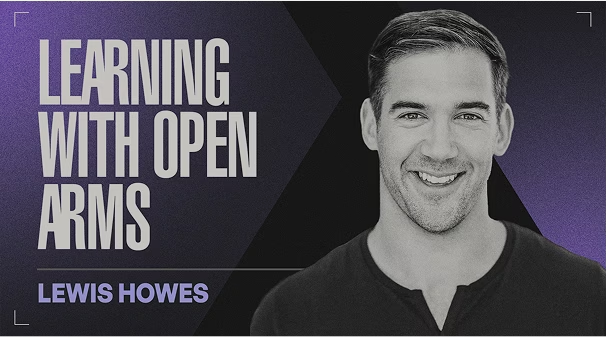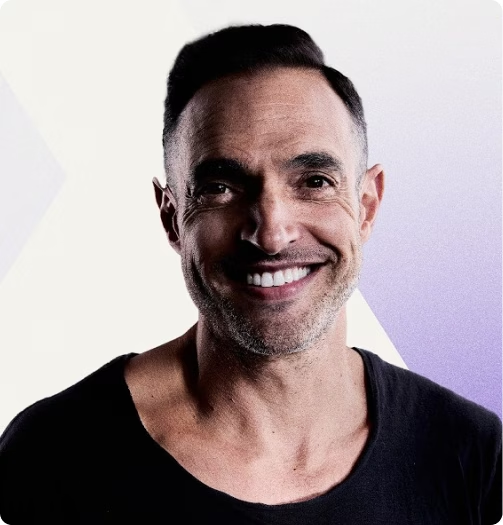


TLDR
Summary
Taki Moore, one of the world’s top business coaches, is known for helping leaders and entrepreneurs scale their businesses while designing a life of freedom, meaning, and profitability. In this conversation, Taki shares his philosophy of building what he calls a “seven-figure lifestyle empire,” a business that doesn’t just generate income but also provides purpose and personal freedom. He emphasizes the dangers of playing it safe in business, advocating instead for strong opinions, authentic storytelling, and bold leadership as the keys to standing out in a crowded market.
Taki unpacks the balance between the “artist” and the “business” within every creator, where one side fuels expression and originality while the other drives consistency and scalability. He stresses that founders must take responsibility for creating content themselves, as outsourcing entirely to AI or teams risks losing authenticity, disengaging audiences, and inflating costs. By framing growth as a game, setting simple measures for success, and weaving personal stories into marketing, entrepreneurs can make business more enjoyable and sustainable.
He concludes that the most valuable role of any founder is to share their story, worldview, and voice with the market. Even dedicating a few hours per week to authentic content creation can generate significant impact, strengthen connection with audiences, and unlock exponential growth.
Highlights
- Introduction of the “Lifestyle Empire”: balancing money, meaning, and freedom.
- The riskiest move in business is playing it safe. Leaders must have strong opinions.
- Every creator must balance their “artist” (expression) and “business” (consistency).
- Outsourcing voice to AI or teams leads to disengagement and declining sales.
- Authentic, prolific, and opinion-driven content is the growth engine of modern business.
- Founders should prioritize storytelling and content creation as their highest-value role.
- Small, consistent efforts in content creation can produce outsized revenue and influence.
Transcript
0:00 The riskiest thing you can do in business is to be safe. Your job as a leader is to lead people somewhere. And
0:06 in order to lead people somewhere, you got to be able to like draw a line in the sand and say, "Not that, this."
0:12 Taki Moore is one of the world's top business coaches, working with leaders like Alex Hormoszi, Dan Martell, and Jay
0:18 Wright. He's trained over 600 coaches worldwide to scale beyond seven figures. So, the 12 hours I put in turned into
0:25 $80,000 in ticket sales, $112,000 a month in extra cash, which is like 1.2
0:30 million bucks for the year, which like 110 grand an hour. Most people don't work, like even if they're at an office
0:36 for 40 hours, they're not working 40 hours. We're wasting so much valuable time. If we're at work but not working, why don't we just like take the at work
0:43 time and actually work and take the time that we're at work but not working and actually not work.
0:51 You can just do things. You don't need permission. The Wright brothers never had a pilot's license. They just built a plane and they flew. And I think like
0:57 there's so many build a plane and fly opportunities around us. Life can be incredible and all you've
1:03 got to do is like come awake to the possibility that you can do big things. And if you're scared, fix nervous with service. Just get busy helping people and it'll come back to you.
1:10 Today we talked about a lot of the good stuff. I've had some hard stuff like everyone does. Don't let the hard stuff
1:15 get in the way of you being fully expressed like a dialed up to a level 11. you if you're the founder of the
1:21 business and the face of your business, this is your this is like the single most valuable thing you bring to the business. It's like the only thing that
1:27 matters is
1:34 this episode is brought to you by Wick Studio.
1:40 For the listeners at home or the viewers watching this uh on whatever platform you're watching this on, we're going to do something a little special today. And
1:47 I think what's so great about you talk is you like to draw and you like to uh kind of like manifest your ideas with diagrams and different breakdowns and things.
1:53 Now there's something also known as this guy can't think without a pen. It's like a musician with a guitar. It's totally like that. So I think one of the things that I've really enjoyed uh around your content is you just like to give things away. You like to break things down and make them simple. And you have this amazing framework called the lifestyle empire and it's how to redefine success.
2:11 So what we're going to do is uh for those listening I would encourage you to try to view this episode but um Taki like please take us into the lifestyle empire and I'll just follow you down the rabbit hole.
2:18 Yeah. So let's talk about why this matters. Right. So uh Dan Martell, great friend, longtime friend and I know he's been on the show uh asked me to speak at his event in in Canada two years ago.
2:31 Like man I'd love to help. Of course. Uh what's it about? He goes well the event's called Empire. Cool. said, "It's for empire builders, not for lifestyle businesses."
2:45 And my my mouth to my shame, my mouth said, "Oh, that sounds great." And my heart was like, "Oh." Because like every business is a lifestyle business because every business impacts your lifestyle like further or worse. And I think if we do this right, as your business gets bigger, your life gets better. And if you do it wrong, something's always suffering.
3:02 So I'm like, how do we do lifestyle and buy a super super well? And that's like that's the big idea behind this thing for me.
3:08 I know I'm killing it when three things are true. Uh like I I want as much of these three things as I can. So it's it's uh it's money, it's meaning, it's freedom.
3:22 Bam. So let's call this one money. We want as much of that as we as we can.
3:28 Uh yeah, revenue and profit. Uh meaning is uh
3:34 Yeah, doing work you love with people you love. I think if you run a business, you get to choose a bunch of stuff. You got a bunch of control that you otherwise don't have. Like that maybe if you're an employee you don't have to the same degree.
3:40 And so like choosing clients you you really care about. Um and regardless of whether you're employed or you run a business, making sure that you're in a role that you love.
3:52 If you run a business, it's really easy if you're not careful to like take on too many jobs. Um, I think broadly we were chatting about this before like you're a maker or a manager and uh I found myself deep in like manager territory.
4:10 What's just real quick? What's the difference between a maker and a manager from your experience?
4:16 Yes. So this comes from an essay by Paul Graham. Uh think about a maker is somebody who likes to build things. So it could be a videographer, could be a designer, could be a writer, could be a coder. And what those guys need is like long periods of uninterrupted time to do their stuff to create.
4:29 And then there's managers who run on a like their goals are different and their schedule's really different. And so a manager's job is — the ideal day for a maker is long hours of time to yourself. And a manager wants like 15-minute increments through the day back-to-back meeting people checking in on their stuff.
4:46 It's really hard to be creative in 15-minute increments. Like if you had an hour as a whole hour or four 15-minute slices, one is obviously way better than the other.
4:58 Um so I'm a maker. Uh, I'm not a manager. I'm a much better founder than I am a CEO.
5:04 And so for me, meaning is like, am I doing work that I love with people that I love, producing stuff we're proud of.
5:16 That's the meaning side. And then freedom. Like if you've got great money and no freedom, you're dude, if that's your jam, go for it. Just whatever makes you happy.
5:22 And by freedom, you mean like the time to do whatever you want essentially.
5:28 100%. Yeah. Yeah. Time freedom — like where you want to be, when you want to be there, with who you want to be there. I think that's the dream.
5:35 And so I'm not poo pooing the Hustle Bros. Love Hustle Bros. I'm just like I'm 49, dude. I think maybe 48, you know? I work — for me the dream week is like four days a week, four hours a day, super happy, and the rest I can go off and live my life.
5:47 So money, meaning, freedom. That's the big idea. And I think if you've got those three things to the degree you want them, then you've got this kind of seven-figure lifestyle empire and it's like big business, great life.
5:59 Why is it the why that unlocks this? Like if we're looking at this system here, like how do we attach motivation to this system? Like if you're looking at this and someone's watching this right now and they're like, "Okay, cool." But like how do I make this like something I'm excited about or I care about?
6:16 Dude, that's the easy part. So we'll talk about how in a minute. Let's talk about why. I think the easiest way to think about this is what happens if you don't.
6:22 So the opposite of like lots of money is no money. So if you don't do this, you'll be broke. That's bad, right?
6:27 Meaning — well, the opposite of that is like meaningless. It's toil. You're doing stuff you don't like with people you don't enjoy in a job that's out of pocket and it doesn't make any difference. Well, that's kind of lame.
6:40 And freedom. Like do you want to be some kind of Dilbert cubicle slave rowing your life away? Well, no thanks.
6:47 So the why is like everything. For me it's like if you get granular there's a scale, there's a spectrum of like I've got a little bit of this or a lot of...
6:59 This but if we just like make it a light switch like black and white — no money or all the money you want. Well I'll take the money please. Meaningless or meaningful. I'll take the meaning. And like free or trapped. I'll take freedom.
7:10 Okay cool. So you're looking at it like a sliding scale left and right.
7:17 Yeah. Yeah. Yeah. But yeah, like if you're honest about it, there's a dimmer on this switch. There's a spectrum. Or a gradient. But if we just want to get people hooked to this idea, we're just going to make it an on-off switch. Like not enough or enough. I'll have enough.
7:31 So I think that's the why. Then it becomes fun when we can turn these things into games.
7:36 Okay. Like gamifying the experience.
7:42 Yeah. So if we just said like money, like how much money are you making right now and how much do you want to make? And so if we... let's sketch. Let's say we had a little scale and we'd say — oops wrong button. I don't know. Let's say we're at $20,000 a month, but we'd love to be at 50k a month.
7:55 Okay. So like that's our scale and we're probably down here somewhere on the spectrum. There's some room to grow. We can quantify all of these things.
8:03 Freedom — easiest metric for freedom is hours or days. So it might be like how many hours a week are you working or how many days a week are you working.
8:11 On the flip side, like how many are you off. And there's nothing wrong with working hard if you're doing stuff you love. Awesome.
8:17 I'm like in this season right now where I've gone from like very cash to like madly in love with my stuff after two years ago I was in a bit of a funk.
8:29 And so now I'm very happily working more than I used to but I'm in a role that I love.
8:34 Anyway, so I think the why is just like all of these things can be like not...
8:47 Enough or enough. And I think the fun comes when we go like how do we turn money into a game we can win.
8:53 I reckon we start with money and we can chat about the others.
8:58 Let's do that. Let's go. Yeah. Um feel like we got a bit abstract there. Let's get tactical.
9:04 What you believe about money really makes a difference. Um there's this dude Joe Polish who said something once and I was like that's exactly how I'm going to think about this from now on. He said money is fun tickets.
9:09 Money is fun tickets. Yeah.
9:16 You know when you go to the arcade or to like a fair? Yeah. And you do stuff, you win tickets, and at the end you go to the shop and you spend the tickets on the toys. That's what money is.
9:22 Money is fun tickets. Oh, like you're in the arcade, you win the tickets, you get to redeem them.
9:27 Correct. Yeah.
9:34 So, I believe money is fun tickets. I chose to believe that. And so, if money is fun tickets, then getting more is better. Cuz who doesn't love fun things?
9:40 You want more of those things spinning out of the machine, as many as possible.
9:46 So you can get the cool prize at the top.
9:49 Correct. Exactly. Right. The top shelf prizes. We'll link that to a campaign in a sec.
9:53 I've got this amazing client who's like, "I believe money is thank you notes." Because if you think about it, money is either things they pay you after you've done a good job to say thanks or things they pay you in advance to say thanks for the good job you're going to do for me.
9:59 Oh, I see. Yeah.
10:06 Right. So if money is thank you notes, who doesn't want to collect more thank you notes? So money is good.
10:11 Firstly, I think the first big shift is what it means to think about your relationship with money.
10:16 Exactly. Yeah. And it's like it's a simple idea, but I think it's good. So, if we just draw a little ticket stub — let's go. Money is fun tickets. That's the first thing.
10:23 How do you make more money? First, you make it okay. Two years ago, I had this amazing vintage Land Rover from 1974 that I loved — Series 3. I live on an island off the other side of the river in Nusa.
10:30 Driving down the dirt road, lost control, crashed, hurt myself pretty badly, totalled the car.
10:36 That sucked. But the worst thing was like my favorite car's dead.
10:41 So I'm hunting for a new car and I find this — the only thing that can replace an old car that's crashed is like an even older better car.
10:46 So I find this 1965 Land Rover Series 2. It's gorgeous and it's 72K.
10:52 I've got the money, but it's fun to earn them to win the prizes, right?
10:58 Yeah. It's almost like you're in an arcade. You're like, "I want that."
11:04 Yes. I've got like I got to play this video game and beat this level to get the — you beat the boss to get the prize. That's fun.
11:09 I think when you're early stage, maybe it doesn't matter as much. But when you're doing pretty well, sometimes it just gets a bit beige.
11:20 So I like to make things a game. I'm like, "Okay, how do we make 72 grand fun and fast to buy the car?"
11:26 Well, if I ran an event at my house, we had like 12 people come to my place in Nusa for two days.
11:31 Twelve people cuz that's how many chairs are around the dining table. I couldn't fit more people. It was like 6 or 8 grand depending if they were a recliner or not. That'll pay for the car.
11:37 I'm like, "That's cool." So we run this campaign called a swimming pool campaign.
11:43 John Lennon from the Beatles was in bed one day with Yoko, his partner, and she's like, "John, I wish we had a pool." He's like, "I'll write us one."
11:49 And he writes a song that the Beatles perform and record and the money pays for the pool.
11:57 So that's how we think about it, right? So I'm like, "How can I swimming pool this Land Rover?"
12:03 And so I invite people to come to my house to learn this campaign. And I teach them how to do it.
12:13 You can use it once and you can buy anything you want. You can do it once a month or once a quarter if you'd like to.
12:20 You can buy anything you want — whether it's a home or a trip or an old Land Rover for example.
12:25 And they caught on pretty quick that that's what they're paying for.
12:30 They come to my house for the thing and the Land Rover that they bought is sitting out the front.
12:36 Wow.
12:43 So I got the Land Rover printed on a foam core card. That thing's a beast. And then every time somebody said yes and bought a ticket, I just scratched that piece off.
12:49 That's so clever.
12:54 And they enjoyed being a part of this.
13:00 Yeah. So I printed out and I'd write like, "Anthony, thanks for manifesting my windscreen side mirror. Linda, thanks for manifesting my spare tire." Like that sort of stuff, right?
13:06 So when they come, they get like a little dopamine hit. They get the little piece and you gave it to them.
13:11 Yeah. Give them the little piece and we got to... anyway, it's fun.
13:17 So that makes business fun. My goal in life is to be as fun and useful as I possibly can be.
13:23 And so I think the first thing is like if money is fun tickets, we got to decide what do we want to spend the fun tickets on and then what's the easiest way to create that thing.
13:29 I use the word manifest tongue in cheek. I don't believe in manifesting. But I think the idea is once you've got skills, we can build an audience and we can trade the thing that they want for the thing that you want.
13:41 So step one: money is fun tickets. Step two: we're going to write ourselves a pool.
13:49 What do you want? Then we run a simple campaign to do it. Depending on people's businesses, there's a whole range.
13:55 Is there anything that people should think about as like some kind of framework when they're trying to decide, I guess, what it is that they want?
14:01 Yeah. Categories. So it's toys, experiences, places, people. Probably toys, experiences, places, people.
14:11 And the people is like who do you want to experience that thing with? For me, the Land Rover is clearly in the toy department.
14:16 So toys like a fun thing you get.
14:23 Yeah. And it might be just like, you know, I need a new computer. It doesn't have to be a car. It could be whatever you want.
14:28 We had dudes come to the house. A dude bought a Ferrari. That was fun. Porsche maybe.
14:34 Someone else — their goal was their swimming pool was a family trip to somewhere in Tasmania.
14:39 Somebody else was like, "I just want to pay off a 30k Amex debt." That's fine. It's not super fun, but it's better than a 30k Amex debt.
14:44 So it's just like a "what do I want" list.
14:50 And then the campaign is really simple. Whether it's an email or a social post, it's like, "Hey, I'm doing this thing. Would you like to join us?"
14:58 Enough information to get people intrigued, but it's like a two-sentence thing. Not enough information for them to say yes or no.
15:03 They ask for the details, you send them the details, and they say, "I'm in" or "I'm out." It's super easy.
15:08 So they decide their pool.
15:14 First you decide the pool. That's your dream come true. Then you got to think through what's my audience's dream come true because that really matters.
15:20 It's like, "Hey, give me money so I can buy a car." That's not a particularly attractive proposition.
15:27 So what do they want? You just think, what's my audience's dream come true? For my guys, it was like how do I make some quick cash and sign some clients and get their version of the Land Rover?
15:34 And then how do I want to deliver that in a way that's great for both of us?
15:40 For me, it was like two days at my house. It's fine. We bought the house with bringing clients in in mind. But it could be, "I'm going to teach this class" or "I'm going to put together this product or this bundle."
15:45 So it's like, what do I want? What do they want? How can I give them what they want in a way that feels good for me?
15:52 That's how you design the thing. And I think if you go all the way to like what's the dream come true, sometimes you might need to scale it back a couple of steps. Otherwise you find yourself running an agency and writing ads for people and maybe that's not your jam.
16:06 So let's say someone has — for people watching or experiencing this, they go, "Okay, cool. I know what my pool is. I understand the amount of fun tickets I need to redeem."
16:12 Yes. The pool. For me, it was 12, but for them it might be 152.
16:18 Yeah. Might be a thousand. It might be 10. It's all like a sliding scale of volume and price, isn't it?
16:23 Okay. So people should start with this in mind. Like how many fun tickets do you need to get the thing that you want that excites you?
16:28 And it could be an experience. It could be doing something with people. It could be a toy. Or it could be going to a place.
16:34 Or it might be like, "I want to do this thing and give back." I don't really care what it is. As long as it means something to you.
16:40 So it has to excite people. It can't just be a meaningless thing where you're like, "Okay, like whatever." It has to light you up.
16:45 Yeah. I mean otherwise what are we doing life for? If it's not fun, we shouldn't do it.
16:51 Clients want it all. A slick looking website that can run their business and scale with their success. Wix Studio is built for that.
16:57 Plan out your client's whole site in seconds with AI-powered site mapping and wireframing.
17:02 Then, when everyone's on the same page, jump into the creative, starting off in Figma or in the Wix Studio editor with super precise layouting tools like grid, stack, and flexbox.
17:09 Go above and beyond the brief with no-code animations, custom CSS, and built-in business solutions.
17:14 And make your whole vision responsive in a click.
17:20 And there's zero need to break a sweat when clients grow fast. A dynamic CMS with global design settings and reusable assets lets you turn one page into hundreds.
17:32 Design smoother and deliver sooner. Go to wixstudio.com.
17:44 So, let's move across. Do you want to do freedom or meaning next?
17:50 Let's do freedom because it's fun.
17:56 Okay, let's do freedom. I think if we can control like if we got a map for the year and a map for the week, we're in great shape.
18:02 So let's talk about those two things. A map for the year and a map for the week.
18:09 Most people get to the end of the year and they're hopeful that next year is even better and a bit exhausted and maybe beat up by the year that they've just finished.
18:14 And so every year at the end of the year I think about what's my theme for the year ahead — like a word.
18:21 A few years ago I'm sitting at this Mexican restaurant — where all good ideas happen.
18:26 And I'm like, "What's the word for the year?" And it had been a good year. Business was good. It was pretty safe. Bit beige.
18:33 I hate beige. Like we need more adventure. So that was the theme for the year — adventure.
18:39 So we go off and we’re riding camels in Morocco. We had like three or four really fun trips and business was good.
18:45 That was the year that we did 50 coaches to a million.
18:50 And at the end of the year, I'm back at the taco shop. I'm like, "This is the best year I've ever had. I don't know how it could ever get better than that."
18:56 And my brain just goes like, "What if you left and you never came back?"
19:02 So I called the waitress over and I got a napkin and a pen.
19:08 And I just started thinking about like what would happen if we pulled the kids out of school and just went nomad for a while.
19:15 This is cool. So I grabbed a pen and drew a little circle and in the circle I wrote Sydney, because that's home.
19:20 Three times a year I've got to be in Sydney to run an event at the time. And so that was in March, July, and November.
19:27 I got to be back home. I'm like, "Oh, that's cool. But what about that bit and that bit and that bit?"
19:33 This starts to look like a propeller. So this became the propeller plan.
19:40 And I was like, "Where would we go?" I'm like, "Well, let's go to the Americas, let's go to Europe, and let's go to Asia."
19:45 That's cool. But I like a model when it's got a few different lenses, a bit more granular.
19:50 So I'm like, "Okay, whereabouts in America?" Obviously West Coast, Cali's great. East Coast cuz New York's fun. And then South America — Brazil. I got cousins in Brazil.
19:56 That's cool.
20:03 And then Europe, well, Italy of course. Spain's fantastic. And then I'm like we should go somewhere Viking because I forgot Norway, Sweden, and Denmark temporarily, but we've called it Viking.
20:09 Asia — okay. Well, we got a team in the Philippines. We should go see them. Japan, never been at the time. Would love to. And then Thailand because the food's great.
20:16 So I run home with this napkin to my wife. I'm like, "Hey babe, I've got this idea." And I show her the propeller plan.
20:22 You showed her this on a napkin?
20:29 Yeah. On a napkin. I'm like, "I reckon we should do this." And she's like, "What?"
20:36 Anyway, so four weeks later, we pulled the kids out of school and we’re off for a year following the napkin.
20:41 That quick?
20:47 100%. We were like, "We're doing it."
20:52 My wife's reaction? Bit freaked out at first, but then the more we chatted about it, the more she's like, "Yeah, adventure would be great."
20:59 Part of it was the world feels really divided, and it did even back then. Like there's lots of riches and poors and blacks and whites and Republicans and Democrats. Lots of us and lots of them.
21:05 And I wanted the kids to meet all of the "them" and realize they're the same as us, which is fun.
21:11 So we did a year like this and it was epic. And it was so good that we kept it going for three and a half years. Forty countries, forty months, something like that.
21:23 Anyway, so this is in the context of figuring out your year.
21:28 And so the big lesson from this propeller plan thing was how do we design a year that's epic?
21:35 What most people do is they get busy. But if Steven Covey was still alive, he'd say you put the big rocks in first.
21:40 And the big rocks are fun life stuff. For me, that's travel.
21:46 And so we want to put the holidays — vacations, whatever you call them — in first into the calendar.
21:51 Like you get a big yearly planner, put the fun in.
21:56 And then if you run a business, then you put in the money-making next.
22:02 And the money-making might be events, Black Friday sale, or whatever those are. We optimize for fun and profit, put those things in first — big rocks.
22:08 And then the pebbles and the sand come in later.
22:15 So that's like a year. Start with the important things in first.
22:21 As I understand it, I think I've seen a video where he had like a jar.
22:26 And he said, "If you put the sand in first, then the pebbles…"
22:26 then the big rocks don't fit." The big rocks don't fit. But if you put the big rocks in first, then the pebbles, then the sand.
22:31 And the pebbles like it all sifts through sift through and then like and then the sand and then you put water on top.
22:37 And so, um, I got super inspired by Jesse Sler. Um, a huge fan. Yeah. What a funny guy.
22:43 I love him. So fun. So smart. Um, and he has like every year a misoge like a year defining adventure. Something that you could say at the end of the year be like, "Oh, that was the year that we blank."
22:55 So that's like that's what I mean by big rocks first. So this was the year that I got abs. That was my plan. And uh that was Mogi for the year. I know it's super dumb and selfish, but I was like it's been year of the ad for like eight years and I just had to actually [ __ ] do it.
23:06 To your point about the jar, if you just do life, you don't you never like, you know, accidentally find three hours spare to work on this stuff. You've got to like find the time to do the stuff. And so if you put the big rocks in first, the rest will fit around it.
23:17 Right. Like if you plan to write a book, you can't just it just it's not just going to happen. Very. You have to kind of build your year around it.
23:23 Yeah. So masogi is kind of that big thing you have to kind of engineer your life around.
23:28 Yeah. Yeah. Yeah. And so we we put that in first and there's usually like uh our clients will pick them their yearly masogis and there's usually like we put in the moneymaking stuff you know a launch uh maybe workshops or webinars that we run or events or whatever the like the big things that you can like the levers you can pull like the swimming pools that can make some money and then the holidays or Americans would say vacations well and once that's in you know like I'm going to have fun I'm going to make great money and the rest then we can fit the little bits around it that's kind of a year.
23:59 The next idea is a week. This actually comes from Jesse Ller's wife, Sarah Blakeley. Oh yeah. From Spanx.
24:05 From Spanx. So she's made like a billion dollars hiding ugly fat, which is kind of awesome. And um Spanx is this idea of like compression pants. You you put them in and like hides your wobbly bits. Yeah. It changes your shape. Changes your shape. Just like just like Spanx can kind of compress your body into a shape. We can do the same with a week. And so I was like, what if you could span your calendar?
24:24 And uh so if you think about like one of those um calendars with like a week to a view like Monday, Tuesday, Wednesday through to Sunday. Well, if we sketch that out, in fact, let's draw it big.
24:35 Yeah. Um let's do it. This is a really fun idea that anyone can do. And if you run your business, like you can triple do this. But even if you can't, you've got you've got flexibility and options that I think most people forget. But that's like that's a week to you a week to a view. These are the days.
24:51 Um do you have some like an example of like someone who's done this? Yeah, I've got heaps. Um, so started with uh a great dude, Matthew Kimbley, one of the best copywriters I know, and he's planning out his year using the The Myth of Busyness and Real Productivity process that we just talked about.
25:04 And he's like, "You know what? I don't I don't like uh I don't like Fridays."
25:11 So, he just gets a Sharpie marker, just like a big fat marker, just like every Friday's out. So, okay, don't work Fridays. It's cool cuz you know what? Mondays aren't that great either. Just deleting days. Deleting days like free to free to not work. And by the way, I want to make it okay to work as hard as you want if that's your jam. Like I love work, but I also love not work.
25:28 Um, so he crosses out Fridays and he's like, "So, three days a week? That's fun." And then he's like, "Well, what if I worked what if I took off every third month?"
25:38 So once a quarter I had a month off. I'm like, "That's outrageous." But he did it. So it's like um crossed off a day. I think it was maybe started with like a day a week, a week a month, and a month a quarter. He just like delete from his available. It was outrageous. But when you compress stuff, is it Parkinson's law?
25:57 Work expands to to fill the space available to it. I think that's the law. So, if you have less time to do stuff, you just get [ __ ] done. Um, it it does presuppose that when you're on, you actually do the stuff. But yeah, so he spanked his whole year.
26:09 I spanked my week. So, I'm like, if this is a week, firstly, you go, "Hey, what days do I want to be off and on?" and just like Spanks PR pants like compress you in sideways horizontally. We we start by doing that.
26:22 So we go, you know what, maybe um like maybe Mondays aren't for me. You cross out your Monday or whatever it is. Choose your days you're on, days you're off, right? So in this case, we've got weekends off.
26:34 I just realized I didn't put missing one day. Yeah. Um so your Mondays and Fridays are off. Whatever days you choose to be on and off, it's just like traditional in a traditional job, you've got weekends and weekdays. So he's applying that to you as a business owner.
26:47 It's like having a siesta during the week. It's exactly like having a That's a great metaphor. So you basically span it horizontally. What days am I on? What days am I off?
27:00 But then we can do the same vertically like what time do I want to be on and what time do I want to be off? And so for me I was like you know what 8:00 in the morning I'm good in the morning. So I'm going to start at 8 and then come lunchtime let's call that 12. I'm done. So for me my calendar is like these um 1 2 3 4. Yeah. these four days, these four hours, that's me.
27:18 And you've just like designed a great week. It's radically awesome.
27:25 So, if I were to be devil's advocate here for a moment, please. And if I were to kind of put my mind in, you know, the viewer right now, and they're looking at you and they're going, "Okay, this sounds great."
27:38 Yeah. But this also simultaneously kind of feels like a fairy tale. Like, is this real? Like how can I even, you know, uh succeed when I'm shrinking out all this extra?
27:43 Dude, I can answer that super bluntly. Um if we put a a [ __ ] video camera uh in everybody's office and we watched them for a week or we followed them around like a like a hidden camera dude for a week, there's no [ __ ] way they're working the whole week.
27:54 So if you TMZed someone's life, dude. Yeah. Minute. How much YouTube do you watch? By the way, keep watching on YouTube. It's great.
28:05 Uh how much Okay. How much time do you waste? Most people don't work. Like even if they're at an office for 40 hours, like if you watch, they're not working 40 hours. We're wasting so much [ __ ] time.
28:12 So if we're if we're at work but not working, why don't we just like take the at work time and actually work and take the time that we're at work but not working and actually not work.
28:25 The amount of time that we waste is outrageous. Um and so what I like about this is when you compress it down, you're like, "Okay, well, I better get really serious about this."
28:31 Years ago, I read Tim Ferris 4-hour work week. And he was like, uh, you get a call from your doctor saying, "I've just got the lab results. It's kind of serious. You can only work two days a week.
28:44 What do you do?" So that allows you to get really serious about like, "If I've only got two days, what are the two or three most important things?"
28:50 So you get started that and he goes, "Then the doctor calls back next week and goes, worse than we thought. You got two hours a week." That gets you really serious about what actually matters and what doesn't.
28:57 And there's a bunch of like non needlemoving [ __ ] that we all do. Busy work that either you don't need to do or the company doesn't need to do or that um that we just don't need to do.
29:11 Uh and so it's either we don't do that, I don't do that, or maybe someone else can take care of it.
29:17 So the thing that I love this Spanx idea and you don't have to go to four days a week or whatever, but the metaphor stands like could could like you're asking the question like if you had to what would you do?
29:30 Just to be super clear, this yeah, we've said it like a like space is definitely a metaphor, but our clients do this every day. Um, one of the first things we do is we free up eight hours a week to work on their stuff and we've got to carve the time out of somewhere and we cover it out of the [ __ ] that's wasted.
29:46 It's either stuff that like that's non-productive time or that frankly somebody else could do or that maybe the business doesn't even need to do or that they're really good at but don't enjoy.
29:53 There's so much spare time, not for you cuz you're a um peak performance dude, I could tell. Um, but for the average Joe, we're wasting so much time then.
30:00 Um, and so if we're going to compress the amount of time we're available, then it means when we're on, we're actually on.
30:06 And what does that do for people? What's been your experience when people do shrink their time like this?
30:11 Well, everyone who's watching this or listening has had this experience already. Have you ever had like you're going on a trip, you're about to like take a holiday and your plane's tomorrow and it's the or the plane's in either tomorrow or in a couple days time.
30:23 You are so productive the couple of days before the end of the you know the end of the sales quote or the end of the whole you know before we go on holidays.
30:29 We've all had an experience of like compressed time.
30:35 Yeah I had that experience like uh like two weeks ago where I had checkout and I looked at my watch I was like I got 13 minutes and I'm running around the room I'm like where's my shoes where's my belt I got to I got to wrap up the cable and like put that in a bag you're just being ultra productive right.
30:50 We all had times where we've got like um heaps of time but no energy like it's not it's Not time management that's a problem. It's energy management.
30:56 This. Well, it takes a week. You've got 13 minutes. You're going to get it done. Yeah. So, it just allows you to take things a bit more seriously. And so, I think that
31:02 Like if there was allowed to be a third thing for this freedom piece, it would be like, what are the ideal ingredients of a great week? So, I just made this
Rockstar Fridays and Energy Design
31:08 List for me like a great week, a bunch of different things happen. Like, uh, I'm in the ocean as much as I possibly can. I'm eating delicious food. I'm drinking beautiful coffee. I'm hanging with my friends. I'm doing great work. I'm creating something. I'm jamming with someone cool. I'm teaching something great. I'm recording video or I'm writing. I'm hanging with my family. Like this is just a list of everyone can make that list of like whatever they're
31:20 This is the dream week. What sort of things might happen? And then you go, okay, great. Um, out of all of those things, what day should those things happen on? So, back when I still took sales calls, um, Thursdays were money
31:32 Thursday. Like, I only sold on Thursday, so money Thursday. It's great. Uh, Friday. Today is Rockstar Friday. I'm either teaching something or creating something. This is perfect. I'm hanging out with you because it's Friday. Uh, I'm excited to be a part of your Rockstar Friday, dude. It's a fun day, right?
31:50 I used to have Team Tuesday. Now I've got a much lighter team and I get to not have Team Tuesday. Like, no team Tuesday is even better than Team Tuesday. Um, and so it's really tricky to go like the kind of energy you need to be great on a sales call is different to the energy you need to strategic plan is different from the energy that your team might need from you when you're working with them is different from the energy you might need for like when you're hanging out with your friends or whatever.
32:16 So, um, the schizophrenic bit comes from when you're trying to wear all the different hats on one day.
32:23 Yeah. I feel like I'm doing this constantly.
32:29 Okay. So, maybe you could be different people on different days. Okay. Give you a hilarious example of this. So, um, there's this super famous, probably the OG of business coaching in Australia. His name is Brad Sugars. He runs this business coaching franchise called Action Coach.
32:42 But when he started, it was just him in his I think it was like the upstairs room of his dad's house in Brisbane. And so he's running this like marketing consulting agency business business thing. And he's just there.
32:55 And in this room he had like four or five — so the story goes, I wasn't there — four or five desks in this one room. It's just him works there. And the phone rings on like Tuesday and he's like, "Action International" (I think it was Action International back then). This is Brad.
33:06 Hey Brad, it's such and such from so and so. Uh, can I talk to accounts payable?
33:13 He goes, "Oh, I'm really sorry. They're only in on Thursday."
33:19 Okay, no worries. I'll call back on Thursday.
33:24 So, call calls back. Uh, Thursday comes. He's at the accounts receivable desk. Accounts payable desk. "Action International, this is Brad."
33:30 Hey, Brad. I talked to you the other day. Can you put me through accounts receivable?
33:36 Ah, accounts payable. I'm accounts payable.
33:41 Oh, but I called you on Tuesday.
33:46 No, but I'm only accounts payable on Thursdays.
33:52 Okay. It's ridiculous. But I think that's kind of how we want to think about these things. Like particularly if you wear many hats, let's at least not wear them all at once.
33:58 Oh, that's so good. So rather than trying to be cat and hat, stacking the hats. Nobody wants to stack the hat. Swap hat. Swap depending on the day.
34:04 Yeah. It makes you way less schizophrenic. That's the fun bit.
34:09 I've heard you talk about this as like roles and goals, right?
34:14 Yes. 100%. Let's talk about that.
34:20 Yeah. Go. All right. Let me just draw the picture here because it needs one. We've got a propeller there. All we need right now is some Spanx pants.
34:26 Yeah. Let's get to the Spanx pants. I love this because you're talking about like, okay, money is about fun tickets and like the prize being the pool.
34:32 Yeah. By the way, I just drew the world's worst set out of Spanx pants. I mean, it looks more like a jigsaw. Sorry, Sarah.
34:37 Yeah. Sorry, Sarah. Let's call them Spanx pants. So, the goal is to span your calendar. So, money is about fun tickets and having the prize and then making business fun.
34:44 Business should be fun like you said. And then you're going into freedom, which is like, okay, span your week and your year.
34:50 Yeah. Plan your — exactly. Predesign your year and span your week. I think it's basically the difference between living by design or by default.
34:56 Okay. If you're not careful, you get what you get and if you're smarter, you get what you want, which is better.
35:02 Okay. Now, is roles and goals a part of this?
35:07 It's part of meaning.
35:12 Okay. Yeah. I think like two things I want to say here. The first one, let's talk about goals. There's a bunch of different goals you can set and I just want to make sure that you're excited about what you're building. I think a big part at least for me of having a meaningful life is working on things that matter with people I love to help people I really care about.
35:27 And so having an impact goal, not an income goal, was really helpful for me. Part of it is like are we doing stuff that matters? And then part of it is like what's my role in the part that matters?
35:42 And so there's a million things that need to get done in a business. And if you're not careful you end up — let me own it — I ended up, because I wasn't paying attention to it, doing a bunch of jobs that I wasn't suited for and weren't fun. Ended up like being some kind of manager person and I'm a [ __ ] manager. I'm not management material.
35:59 And so choosing the role that is really happy and fun, like what of those hats we talked about before, what's the hat that's most happy for you?
36:04 I'm going to draw a fez because it's the funniest hat that I know. You know those little red hats that monkeys wear?
36:11 Yeah. In Aladdin. Yeah.
36:16 So let's talk about hats just briefly. When you think about a business and all the different hats you have to wear, and people obviously at the beginning, they have to wear all the hats themselves because they don't have people to delegate to or even the financial means yet to hire other people.
36:28 So if you're at the beginning of this, where should someone start? Should they start by thinking about the meaning or should they start by trying to decide the hats that they have to wear?
36:35 Um, it's really easy for rich people to talk about how much money doesn't really matter because they've got the cash now.
36:40 But if you're Jim Rohn with the Girl Scouts at the door and you don't have cash, it just becomes pretty [ __ ] meaningful.
36:46 So for me, it was desperation. I've always been really good at not doing things I didn't like to do. Really good. I've got a very low tolerance for "I don't like."
36:54 And I think you can be successful despite — I don't want this to sound pie in the sky — at the start if you're not careful you can wear all the hats. The truth is that even in all the hats there's probably some hats that your business doesn't need right now.
36:59 So, how do you choose the hats? Let's just think. Let's say one of the hats is like we're going to go all in on content. Cool.
37:07 So, in content, do you need to be on TikTok and YouTube and Instagram and Facebook and LinkedIn when you start?
37:12 Of course not. You pick one, dude.
37:19 So there's like a bunch of bits of hat you can just let go of if that makes sense.
37:24 Yeah. You don't just go in the hat shop and just put them all on. No, you just look like an idiot. Like put the [ __ ] hats down.
37:29 I'm going to start with the fez hat. Let's say it's Instagram. I'm going to hit Instagram first. Why not? And then when that makes sense then I'll add my next channel.
37:35 So even amongst all the hats, I think there's a scaled-down, simple version of the hats.
Wearing the Right Hats in Business
37:41 The key to getting free, let's say it's just you and there's no employees yet. That was me a while ago. Here's what I realized.
37:47 If you think about your sweet spot hat, the test is — Dan Sullivan calls it your unique ability. It's something you're really good at, people notice, it's kind of hardwired into you, you've been doing it since you were a kid, it tends to bring in good money, and you could find it fascinating and motivating forever.
37:59 The one thing I'd add is like the business wants you to do more of it. For a lot of people that's the marketing or it's the sales — often but not always.
38:19 But right now you're wearing all these other hats. Here's what I've learned: one extra hour of you wearing that hat can pay for 10 or 20 or 30 hours of somebody else doing the other hats.
38:33 Oh, so you have like a more valuable hat.
38:40 Yes. That can feed the other hats. 100%.
38:46 So, like I think about — we run a workshop once a month. It's almost the most fun thing I do. If I run that workshop, the last workshop we ran did $80,000 in ticket sales, which is fun, and signed an extra $112,000 a month in recurring revenue from that hour or two hours.
39:03 That's a useful hat. But if I can wear that hat, that pays for a lot of not-hat stuff, like somebody else to wear the other hats.
39:08 So, when I first got started, I was like, you know what? I need some help with this, but I don't have enough work or enough money to hire somebody legit and gangster. So, I found an amazing woman in the Philippines called Ashley.
39:20 And I hired her because the recruitment agency put me all these candidates. She was the only one who used a Mac. So that was good enough for me.
39:34 And she was like 20 hours a week and I didn't think I could fill 20 hours of her work. Turns out that was fast and easy, and then 40 hours, and then the team grew as the capacity grew from there.
39:39 I think one hour of you in your genius will pay for at least 10 hours of somebody else doing the other stuff that you're not that good at.
39:44 Yo, my name is Dane Walker and I am disgustingly obsessed with branding. I had to figure out a way to do branding every single day. So, I branded myself.
40:01 Then I started my agency Rivalionary and hired a team of branding mavericks hellbent on creating brands so good that they'll make your competition [ __ ] their pants.
40:16 So here's the thing. You want your brand to go viral and Rival makes brands go viral. That's why we're offering you a free 30-minute branding session to get an expert's opinion.
40:29 If you don't believe me, the proof is in the pudding. Here's what clients have to say about Rival. Rival is trusted by brands like Nutrition Warehouse, Light My Bricks, and Voomie.
40:41 So, if you want to absolutely smash the competition and make your brand go viral, hit the link below and book in your free 30-minute branding session.
40:48 So, Taki, if we kind of pull this whole system together, how do you want to leave this with people? Like, how should they think about this?
40:55 Yeah. So, let's high-level and quick summary. High-level is this: as your business gets bigger, your life should get better, not worse. You don't have to choose anymore between a lifestyle and an empire. You can do both.
41:01 Lifestyle empire is we've got plenty of money, plenty of meaning, plenty of freedom. And then we just talked about some tactics for each. You know, on the money side, money's fun tickets.
41:14 Write ourselves a pool. On the freedom side, we're going to propel a plan a year. Mogi, um, big rocks, and we're going to span our calendar. And then on the meaning side of things, it's like let's choose an impact goal because the Y is in the who. And then uh and then make sure we're wearing a hat that suits us, that the business wants us to do more of, and that is actually fun. Because if it does those two things, the business grows and it's sustainable.
41:38 Now, something I've I've noticed recently is that you've been producing a lot of content. And what I've loved about what you do, Taki, is you've built a business in obscurity in a sense where you're not necessarily big in in the the world of social media yet.
41:51 Yeah. I'm mic micro celebrity, like famous in a niche.
41:57 Yes. Can still go to the supermarket without getting mobbed.
42:03 Exactly. Winning it live. Winning it live. So, you figured it out. You you cracked the code. What I want to ask you about is now you're making content and you're scaling rapidly and you're doing some really interesting stuff. So, like what what are you trying to do now that you're coming out and you're producing media and content now?
42:17 Um, what I'm trying to do, man, is is help as many people as I can and have as much fun as I can and in the process of doing those two things make as much money as we can.
42:29 Are you running any particular playbook when it comes to how you think about creating content?
42:34 Yeah. So, let me tell you how I'm thinking about content because this is like this is think out of everything in the world, this is the one thing I'm most obsessed about. And I've just like applied this simple framework to to content and it's lighting me up. So, if you go Oops, that's not that's not a pen. That's a pen. Like a two circle ven diagram, right?
42:51 Yep. Um there's two sides to me, two sides to you, two sides to most of the creators.
42:57 And this will be I'm going to say like it's true for everyone. It's definitely true for me. Uh on one side of me I've got this artist and the artist like likes to create stuff, wants to express and then on the other side I've got the business and the business um business doesn't really care about my
43:14 Art but it's it's on a production schedule. So it's like I'm trying to balance my desire for expression with the business's need for for volume.
43:19 I'm dealing with this exactly 100%. So this is a conversation I've got this great friend Ross Lachlan. every Friday he and I um jam. He's like my he's like a personal trainer for emails.
43:31 It's hilarious. We jump on Zoom and he like makes me write emails. It's amazing. This is email PT.
43:36 He wouldn't say that, but that's kind of how I describe. He's amazing. Okay. Anyway, so he and I have been jamming on this. This model is like 50% Ross' 80% Ross, 20% mine. So, I just want to give Ross a shout out because he's a legend. If you take either of these to the extreme, like if you're all business,
43:49 Your content's got no soul. It's like it's manufactured. It's like AI slop.
43:55 But if you go all the other way, you end up like starving artists. So we got like solless machine, starving artist, bad, you know, both ends are bad. And so we want what we want them to do is like figure out how to have them have a have a content baby if that makes sense.
44:07 Okay. So then you think about any creator who you love and admire. Um let's uh let's take Dude, I'm a massive fan of Homozia and even Lea.
44:13 Yeah, dude. Let's take Alex. Um, so
44:19 If you think about Alex, um, his content, every piece of content he puts out has an opinion.
44:25 That's true. Yep.
44:31 A strong opinion. And it's it's remember years ago when people like hit you up in the DMs every freaking day going, "Oh, I can help you edit Hormosi style reels." As if the style was the thing that made Homozi Hozi, right?
44:42 It was never the editing style. It was always the conviction.
44:48 Ah, that's so true. cuz I remember that's why would that's why people would share it of course cuz they're like that opinion resonates. This dude's got something to say. That's what's missing in our world right now.
44:55 And so um the way I've been thinking about this is if
45:01 Scaling Through Marketing and Content. Uh the opposite of safe content which gets you ignored is dangerous. I think
45:08 Everyone who's trying to grow online um wants to get a little bit more danger in their content. And for me that just means am I talking about a topic that I've got some energy about and do I have an opinion?
45:19 Can you can you really unpack danger because I think this is one of those buzzwords that people will hear and go oh like I don't want to I don't want to do that.
45:26 Yeah. The question is like how can I do dangerous safely? That's the question, right?
45:32 Yeah. But I I don't mean necessarily how do I do it safely, but like how like really can you um can you elaborate or say more on what you mean by that?
45:37 Yeah. Um, I mean, like at its most basic level, I mean, have something to say. Don't just say words.
45:43 A while ago I was on I was on Facebook and I saw this dude do one of those like bright purpley pink posts with the big words and it said, "I just wrote a a book in 30 minutes on my way home with nothing but AI on my phone. Comment book if you want to learn my method." And there's like 74 people have commented, "Book, book, book, book, book."
45:55 And I just commented, "Was the book any good? Did it say something you actually believe?" and he replied, "Good questions. I'll get back to you when I get home." And he never did. Cuz it wasn't. Because it was [ __ ] Think about what everyone's trying to play the content game. And what content is is like if you like imagine you got a cardboard box. Content. Content is the contents of a box. It's the stuff that fills a space. The space is pretty [ __ ] full.
46:22 We don't need more more stuff. So instead of like sharing your content, what what people are starving for is a point of view, which is like bring me into your world and show me your worldview. What do you believe? And uh so that I took over my my email first and then the other things because I realized that I was sharing my you like I was sharing content. I was filling space and what the world needed from me or
46:50 What I what I desperately wanted the world to want from me was my point of view. So I'm trying to share my world.
46:59 Um if you think about your your life like a TV show, there's some characters in it. Like there's this space is a character. These guys are a character. your family is a character, travel's a character, business um is a character, like you've got all these different characters and they all like make cameos in your stuff.
47:17 So like share insights from your world and then your worldview is like your point of view on those things. And if we just like drew a little table and we just like um we make content, but we we we share like we we craft a point of view like one's like manufactured and and one's like one's authentic.
47:28 Uh content is like information point of view is is like insight. I think it's like we're drowning in information. We're like starving for insight. So what people really want is like help me make sense of this crazy world and tell me what you think. And if I believe the same, then I know who to follow.
47:45 That's what we're we do that by nature, right? Like we go to our loved ones, our friends, our colleagues, hey, what do you think about this thing?
47:50 So you're saying that people are starving for that through content rather than just seeing the tips or the advice.
47:56 Yeah. Yeah. 100%. Um we're missing like characters who will take us somewhere.
48:02 Um, when you got this artist piece dialed, dude, um, like a great artist can't be copied. Like you think about Hormosi, stylistically, personality wise, like he's just a one of a one of a kind dude.
48:13 He's one of one. He's missed. Well, he's one of one. Okay. So, let's go to the other side, the business.
48:18 Okay. What the business needs is is um is volume. Like, it needs to hit financial goals and have production goals to hit that. And so what the business needs you to be is prolific,
48:31 Which is a fancy way of saying let's start with consistent and then spread onto other channels. Right? So I think uh step one, we want to get dangerous, have something to say. Otherwise, we're just like spreading more vomit in the world and we don't need more of that. Then second step is once we've gotten dangerous, let's get prolific, consistent.
48:43 And here's what happens when when you're d when you're dangerous, when you are this artist, you can't be you can't be copied.
48:57 Right. Can't be copied. Think about hormones. Can anyone copy that level of certainty conviction?
49:02 Nope. I don't think so. Um, prolific. Have you ever met anyone in our industry who puts out more highv value stuff more consistently on more channels?
49:09 No. No. No.
49:16 So, from a business point of view, you can't be matched, right? Put these together. When you're prolific and dangerous, like when you're prolific and dangerous, you get paid.
49:27 The dude just did like 107 whatever it was million dollars in a day on a book launch. So um I teach my clients number one we get get dangerous have something to say. Number two we get prolific. Say it consistently and often.
49:39 And when you get prolific and you get dangerous you get paid. Uh and then you end up with this business that just can't be can't be beat. And I think that's the that's the game. Like if we can we do this we stand out. Like otherwise we just get completely ignored. Most people aren't dangerous. They're safe. Most people aren't
49:57 Prolific. They're sporadic at best. And that's why they're not paid like they should be. So that's here ends my TED
50:04 Talk. And then when you bring these two different worlds together, it creates like friction or dynamic or like what is
50:11 That? Okay. So here's the here's the the how the skill is like how do you point your creativity at an offer? That's so my
50:19 Journey was like I'm going to I'm going to start writing emails. And I just started with like thinking about my week, what had happened last week and
50:25 Like pulling mostly funny embarrassing stuff that happened to me or things cool things that happened to clients and
50:30 Writing stories about them or shooting videos about them. That was cool. Uh I started like find my voice and as I
50:36 Found my voice people started to find me and that was killer. Uh and then I was like okay this is
50:42 Good. I'm getting attention again because people have started to tune me out because I was not worthy of being
50:48 Paid attention to because I was sending them [ __ ] and wondering why they didn't care. Um, and now every week I
50:55 Pick a like if you think about like content calendar I guess every week there's a an offer like something for
51:02 Sale. So I'm either promoting black belt or I'm filling a workshop or I'm talking about boardroom our high-end mastermind for dudes doing a million dollars a year
51:07 Or beyond or or whatever. So just think each week there's an offer and then we go what's the theme? like how can I talk
51:12 About this thing that I talk about once a month in from a different angle. So in boardroom right now uh next week's
51:19 Campaign is about boardroom and my theme for boardroom is it's always like cool people doing cool things and so like
51:25 Building Freedom Through Delegation just picked a couple of cool people doing rad stuff. So now I've got like this offer and this theme
51:31 And I'm uh now within the constraints of that offer and that theme I get to be
51:36 Super super creative and the article has come alive but I pointed at money. Um so
51:42 We went and ran this workshop called Prolific and Dangerous a couple weeks ago 380 whatever people bought a a
51:48 Ticket. Um and all I did was like that's my offer that's my theme. You know workshop is the offer. Prolific and dangerous is the theme. And then I go,
51:55 "Okay, what are the pain points that people have? What proof do I have? What's my philosophy about it? Like, what do I believe? And what's the plan?"
52:02 And I just like went ham, wrote a bunch of cool [ __ ] shot some reels, shot that. And so now it's prolific because
52:08 Like it's daily and it's on multiple platforms, but it's pointed at a at an offer and it pops.
52:14 It's really fun, dude. I I think this is such an important lesson that you're teaching here because so many people think so much about the
52:21 Exchange between I got to get customers. Okay, I'm gonna use social media as a
52:26 Means to get the customer. And it feels and sounds predatory. And that's how most people don't describe it, but
52:33 That's what they're really doing. So, you know, and and I meet people all the time that are like, hey, how do I get
52:38 This system to get engagement for me so I can make the money? And you're saying you have to really understand what is
52:44 The exchange to get the attention even in the first place. Yeah. So, here's my rule of thumb. Like
52:50 If every piece of social content which has a CTA on it or an email which has a CTA on it. If we took the CTA out,
52:59 It needs to stand on its own two feet and be standalone useful. So every piece has got to like deliver
53:05 An insight, a payoff. So there's there's a story, there's a from and the two. There's a payoff. If there's no payoff,
53:10 It's like it's just promotional. And every now and again it's fine to go, hey, I'm doing this thing. Do you want to come? Uh,
53:16 But if you think about the give ask ratio, I think people are either all asks
53:25 Or they're all give and they're like it's basically like am I going to be a douche or a loser? That's a bad combo.
53:31 But if we can if we can make everything like useful and generous on its own with a next step for if people if people are
53:36 Ready, I think we end up doing really really well. I'm still not good at like the mechanics of that like the the hooks and the like you you guys on I've seen
53:43 Some I watched some of your your vids this week and you know knowing that I was going to come here and hang out with
53:48 You guys and you're like next next level. Um I'm good at dangerous. I'm good at prolific. I'm not good at the
53:55 Like the viral attention mechanic stuff. So when you think about people making AI
54:01 Slop? Yeah. What what's the danger not only for the content to not work, what's the danger of the founder or the uh creator
54:07 Who's putting that material out? Oh, dude. Yeah. Okay, we need to draw this. Yeah,
54:13 I've been thinking a lot about this. Um, AI content is like
54:20 Voicemail in the DMs. Everybody loves to send them.
54:25 Nobody wants to receive it, right? So, here's here's what happens. Um,
54:32 So we're going to outsource our content to a content team or AI. It doesn't really
54:39 Matter. Here's the here's the journey. First thing that happens is you feel kind of relief. Oh, man. I don't have to do that. That's awesome. Yay. Temporary.
54:47 It's like that guy they said, "How'd you go bankrupt?" Well, slowly at first, then quickly, right? So, you feel
54:52 Relief. Um, second thing that happens is they start to tune you out.
54:58 There's people who I see their content and it's so clearly AI. By the way, I have no problem with using AI to help
55:04 You with stuff, but if you're not in there, well, I don't I don't [ __ ] need you,
55:09 Man. Right. Um, so they start to tune you out. It's like a um like a rapper that uses a
55:16 Ghost artist. No one respects them, right? Well, it's like um I don't mind
55:21 If they have a I got many things I could say, you know, but like when people claim
55:27 That they wrote it, but you know, 100%. Dude, yeah, you're lying. Yeah. So, you feel relief at first cuz I don't
55:33 Have to do that. Your team might be happy because now they've got stuff, but then the audience starts to tune you out
55:38 And then uh sales dropped. This is what happened to me. This is like my exact journey. Sales
55:44 Drop. I've done this. sales dropped. And then what we ended up doing was like spending three times the amount on ads that we
55:51 Used to to make up for like we'd send we'd post three times more, we'd send three times more, we'd spend three times
55:56 More. Like I know you guys work with a bunch of big brands and these numbers
56:01 Are probably small for for many. Well, we're spending like 50 60 grand a month in ads with no discernable increase in
56:07 Sales. Why? Because now we're just amplifying like we're just speeding up the rate at which people find out we're no good.
56:14 Ouch. It's so painful to think about, dude. It's so painful. So, can I draw the reverse? This is what
56:20 Happens when you get it right. This is literally what happened to me and what my clients are going through right now is it's the best thing ever. Um, the first thing is,
56:26 Um, you start to shoot content or you're writing email or whatever it is. The first thing that happens like you're
56:32 You're a bit nervous about it, but you have this experience usually in the first one or two, max three goes where
56:37 You like you feel, oh, that was energizing like you get a little bit of spark. Um, so you feel a little bit of,
56:45 Let's just call it fun for now, a little bit of spark. You find yourself, find your voice. Uh, what happens next is that your audience starts to, they find
56:52 You too. Like I instantly started getting people going, "Oh man, it's great to have you back. This feels really different.
56:58 What's what's changed?" Um, sales increased.
57:03 And what happened? Like we went from 60 grand a month in ads to
57:09 Two or three or max $4,000 a month in ads and we've tripled our monthly sales. So we 3xed
57:15 Money in, not 3x money out. I mean there's two lines here. One goes
57:20 Down and one goes up. And the one that goes up is really great. So, I think what we want to do is
57:27 Um if it's if you're finding it harder, like if if the market feels more competitive, if you're getting more push
57:33 Back on sales calls, if business is a bit stagnant and the founder has
57:39 Accidentally muted themselves, that's why what if someone's listening to this
57:45 Right now and they say, "That sounds great. I have low bandwidth. I'm overwhelmed."
57:50 Of course. Uh and and then typically I hear I'll get around to it.
57:56 No, you won't or you would have done it already. Had a coaching call this amazing couple.
58:01 I love them to bits, husband, wife. Uh they coach people to uh
58:07 Women professionals to start investing in real estate. They're good people. And
58:13 Uh so we jump on the call and she's like she's the face and he's like the the ops.
58:19 I'm really struggling uh to make content. I've kind of lost my mojo about it. Da d d d d d d d d d d d d d d d d d d d d d d d d d d d d d d d d d d d d d I've got too much on.
58:26 And uh her husband Niti goes, "Um, but you don't have to do the other
58:31 Stuff. You know, all that stuff you just talked about. You don't have to do that. Like you just had two weeks away for that big family trip. I took care of the
58:37 Business. We didn't drop a single ball. Everything was fine." She's like, "Oh yeah, that's true." He goes, "Honestly, if you did nothing else in the business,
58:43 But you spent four hours a week creating content, we'd double this year. This is your job."
58:48 It's like this is if you're the founder of the business and the face of your business. This is your this is like the
58:53 Single most valuable thing you bring to the business. It's like the only thing that matters is you telling the word,
59:00 Telling your story, and bringing people into your world. Like nothing else matters. There's almost nothing else you can do that makes as big an impact. Uh
59:05 Last month we were away, right? We had uh I was in Mexico for two weeks, ran an
59:11 Event, and so my job there is coach clients. Uh then my wife took me on this epic little surprise trip. I didn't know
59:18 Where we're going, but uh we get to the airport to check in. I'd find out where the next destination was. Was really fun. Uh so we go to Costa Rica, was on
59:24 The jungle and the beach. That was great. We get to the next airport and we go to Panama. That was great. Uh get to
59:29 The airport, we go to Jamaica, and then couple of days in LA on the way. And we got So it was a month away. All I did
59:35 That like work-wise for that last month was I ran an amazing event, coach clients, uh
59:41 Like call it twice a week. I coached clients once a week for black belt, once a week for boardroom. And then remember before we were talking
59:48 About your world and your worldview. So that was my world. These countries with my family, these experiences with my
59:54 Clients. That's my world. Then all I did was I just pulled stories and lessons and wrote emails about them. All up.
1:00:00 Last month I spent 12 hours creating content. Okay. 12 um call it like 30
1:00:07 Minutes an email and some extras, five emails a week. And I didn't shoot many reels because I was traveling. So that
1:00:13 12 hours like I think why people are so quick to outsource content is because they don't understand the impact it can
1:00:18 Have and they feel like it's a lowv value outsourcable task. Like I can get GPT to do this for $20 a month. I'm like
1:00:24 Yeah dude but content is not one job it's two. Like there's the core having something to say and saying it and then
1:00:29 There's the mechanics of like posting it and editing and uploading it. And one of them can be outsourced and one of them
1:00:34 Only you can do. So the 12 hours I put in turned into $80,000 in ticket sales.
1:00:40 An extra $112,000. Let's not count the tickets sales cuz that's like that's play money. Um it's not recurring.
1:00:47 $112,000 a month in extra cash. It's like 1.2
1:00:53 million bucks for the year for my 12 hours. Like it's like 110 grand an hour work
1:01:00 and you're too busy. Show me the thing that you're doing that's worth more than that cuz you can't. Cuz there isn't. Cuz it's it's your [ __ ] job.
1:01:07 That's all I want to say. I I'm with you. I think uh you know I talked to a lot of founders right now.
1:01:13 What would you say to someone who runs a company? Y and they're seeing these younger
1:01:20 entrepreneurs come up and kind of I guess essentially take the market from them. Yeah.
1:01:25 Because they're doing this thing. They're good at this new stuff. They're good at this new stuff. What would you say to someone who's like not a part of this world, never done this
1:01:31 before, uh is scared of, you know, maybe people in the industry judging them, maybe pe, you know, feeling
1:01:37 uncomfortable, feeling like they're an imposter, or even just creating a a story in their head that that they don't
1:01:43 need to do it. Yeah. Well, I think if other people are sneaking up on you and eating your
1:01:49 lunch, I think the I don't need to do it is probably disproved already because if you don't, it ends up bad. The clients I
1:01:55 work with are usually like the face of the brand. And if you're in a business where you're not the face of the brand,
1:02:01 then you it doesn't someone has to do it, but it doesn't have to be you. So I know plenty of companies where they have like a spokesperson um like somebody
1:02:08 who's the face or even a couple. I think someone's got to do it. So that's a priority. Uh how do you make it easy? Well, that just comes down like um you
1:02:16 know workflow. How do we make it simple for me? Like I teach stuff in Black Belt. Uh the content from that parts of
1:02:22 the content from that will become a workshop. Parts of the content from that will become a YouTube. When I shoot the YouTube video, it's now fresh in my head. So, I shoot three reels about it.
1:02:29 When I'm promoting the workshop, I'll write the emails and the and the reels. So, it's like one thing, if that kind of
1:02:34 makes sense. It totally makes sense. You're like, uh, it it reminds me of what Gary Vee talks
1:02:40 about around, you know, you know, document. Yeah. What you're doing as you're doing it and the little mini lessons that you pick up
1:02:46 in life in business. So, here's you're sharing them. So, I think that's 100% true, but um I was chatting with Caleb about this at
1:02:52 mutual friend. Um, most people think document means have a video guy filming you all day.
1:03:00 Um, Leila Horosi when he was working with them, it's like, oh, my version of document is think about what happened last week that was interesting and talk
1:03:06 about that every week uh, Friday morning, so this morning I sit down and I go got uh, seven categories from the
1:03:14 last week and I'm just looking for mining for interestingness. Casey Casey Neistat used to talk about like mining for interestingness.
1:03:20 Yeah, I love that. Yeah. So, I'm like, "Your life is [ __ ] interesting whether you notice or not, but there's stuff in there that
1:03:27 you're energized about." So, I got seven categories. Um, I'll see if I can remember them all. It's on a little worksheet. Uh, I go,
1:03:33 "Oh, one hack. Anytime something interesting happens, take a photo of it." And then the scan can be really
1:03:38 easy because you just like look through your photos from last week. It's really fun. So, I just go like, "Um, what happened in my calendar?" So, like scan
1:03:44 the calendar. Oh, met with that person, went to that place. I write down two or three things. Uh, clients. What uh was
1:03:51 there a client I worked with where something happened? Oh yeah, talked to Ben did this thing. Um
1:03:56 chats like look in my DMs, any conversations I had that was good. Uh community, what happened in in Blackp in
1:04:02 boardroom that's in the uh what am I creating? Like what is there something I'm working on? Like
1:04:08 we're building our November event right now. We're re-shooting a program. Uh what am I consuming? I watched this
1:04:14 great movie. I saw this great doco D. So I just have this like list of seven categories and then circumstance is the
1:04:19 last one. like what's happening in personal life and then um
1:04:24 takes like seven minutes like clock's on I like to race and then I just look at
1:04:30 the thing this list of things and I grab out the highlighter on my iPad here and I just like highlight the five to seven
1:04:35 things which I'm most energized about guess what that's my we it's great so
1:04:40 then I'm like remember I said before dangerous is when you talk about things that you're energized by that you have an opinion about
1:04:46 so what am I energized about that was funny that was great that kind of heartfelt. This was cool. It was five things which are interesting
1:04:52 in my world, interesting to me. So then you're not faking the emotion. It's real. 100%
1:04:58 attached to something. Yes, dude. Yeah. Have a look at this. We spent a week in Jamaica. Like K booked us this
1:04:58 attached to something. Yes, dude. Yeah. Have a look at this. We spent a week in Jamaica. Like K booked us this
1:05:04 thing. We went there. There was like a steel drum band. There was like a whole thing. It was amazing. And it was like, oh, that was cool.
1:05:10 Then we came back and I worked with a client and he doubled his business. Like, dude, that's insane. And then, you know, I was talking to Caleb about this thing.
1:05:16 Like, you know, it's like, I think you're energized about, you got an opinion about, and it's real.
1:05:22 That's it. It's the easiest way to do it. And you never run out of content.
1:05:28 I love that framework. Because then it also just makes you reflect on your week.
1:05:34 Totally. Yeah. It's like, it's like journaling, but useful.
1:05:40 Exactly. Like journaling with output.
1:05:46 100%. And, you know, if you're going through your life and you don't think anything's interesting, then maybe you need to change your life.
1:05:52 Yeah. That's a good point.
1:05:58 Yeah. Like, do more cool [ __ ].
1:06:04 Yeah. You want to make more interesting content, live a more interesting life.
1:06:10 That’s it.
1:06:16 Yeah.
1:06:22 So, let me ask you, for someone listening right now who’s like, “Alright, I’m sold. I want to do this. I want to create more content. I want to become the face of my brand.”
1:06:28 What’s the first step? Like, how do they start?
1:06:34 Yeah, dude. So, step one is you pick your platform. Like, where do you want to be?
1:06:40 Do you want to be on YouTube? Do you want to be on Instagram? Do you want to be on TikTok? Do you want to be on LinkedIn?
1:06:46 Just pick one. Don't try and do all of them. Just pick one.
1:06:52 And then the second thing is you create a simple workflow for yourself.
1:06:58 So, for me, it's like Friday mornings, I do that thing I just told you about.
1:07:04 And then I record three or four short videos.
1:07:10 And then I pass them to my team, and they do the editing and posting.
1:07:16 That’s it.
1:07:22 And then once you’ve done that for a while, you can expand.
1:07:28 But don’t start with everything. Just start with one.
1:07:34 That’s it. Pick a platform, make a simple workflow, and stick to it.
1:07:40 That’s gold.
1:07:46 Yeah.
1:07:52 And by the way, your first stuff is going to be terrible.
1:07:58 Like, you're going to look back at it and cringe.
1:08:04 But that's fine, because that's how you get good.
1:08:10 You can't skip that part.
1:08:16 Everyone wants to go straight to being polished, but you can’t.
1:08:22 You have to be willing to be bad at first.
1:08:28 And that’s what stops most people.
1:08:34 They don’t want to look silly.
1:08:40 But if you can push through that, you’ll win.
1:08:46 Because most people won’t.
1:08:52 Yeah, that’s true.
1:08:58 So, it’s like, be prolific, be dangerous, and be willing to suck at first.
1:09:04 That’s the formula.
1:09:10 I love it.
1:09:16 Yeah.
1:09:22 And dude, once you get momentum, it actually becomes really fun.
1:09:28 Like, I look forward to creating now.
1:09:34 Whereas before, it was a chore.
1:09:40 That shift is everything.
1:09:46 Totally.
1:09:52 And when your audience starts responding, it fuels you even more.
1:09:58 Exactly.
1:10:04 It’s like this virtuous cycle.
1:10:10 Yeah.
1:10:16 So good.
1:10:22 And I think the other part people miss is that the market is always moving.
1:10:28 Like, what worked six months ago might not work now.
1:10:34 So, if you’re not in there, creating, testing, adapting, you’re falling behind.
1:10:40 100%.
1:10:46 And outsourcing that completely is like outsourcing your fitness.
1:10:52 You can’t hire someone to do your pushups.
1:10:58 You still have to show up.
1:11:04 Yeah, someone can help with the programming, someone can spot you, but you’ve got to lift the weight.
1:11:10 Exactly.
1:11:16 And creating is the same.
1:11:22 You can get support with editing or distribution, but the ideas, the voice, that’s you.
1:11:28 That’s non-delegable.
1:11:34 Totally agree.
1:11:40 And if you don’t show up, your audience feels it.
1:11:46 They know when you’ve checked out.
1:11:52 Yeah.
1:11:58 And it’s not about being perfect, it’s about being present.
1:12:04 Exactly.
1:12:10 Consistency beats polish every time.
1:12:16 Yeah, man.
1:12:22 And honestly, the bar is lower than people think.
1:12:28 Like, people aren’t expecting Hollywood.
1:12:34 They just want real.
1:12:40 That’s so true.
1:12:46 Real cuts through.
1:12:52 Always.
1:12:58 So, what would you say to someone listening right now who’s still on the fence?
1:13:04 I’d say start small.
1:13:10 Don’t overthink it.
1:13:16 Pick one platform, one medium.
1:13:22 Commit to showing up once a week.
1:13:28 And do it for 90 days.
1:13:34 By the end of that, you’ll have momentum, you’ll have data, you’ll have confidence.
1:13:40 But you’ve got to start.
1:13:46 Love that.
1:13:52 Yeah, man.
1:13:58 That’s how it begins.
1:14:04 And that’s how you build something that lasts.
1:14:10 For sure.
1:14:16 Thanks for sharing all this.
1:14:22 My pleasure, dude.
1:14:28 Always fun to jam with you guys.
1:14:34 Likewise.
1:14:40 Let’s wrap it there.
1:14:46 Done.

Taki Moore
Taki Moore is one of the world’s leading business coaches, trusted by entrepreneurs like Alex Hormozi, Dan Martell, Jay Wright and many more. Over the past decade, he has trained more than 600 coaches worldwide to scale past seven figures. Known for his engaging frameworks and creative teaching style, Taki shares how to build what he calls a “Lifestyle Empire”. A business that delivers money, meaning, and freedom. In this conversation, he unpacks lessons on productivity, delegation, and building a brand that lasts.
Let's Keep Connected
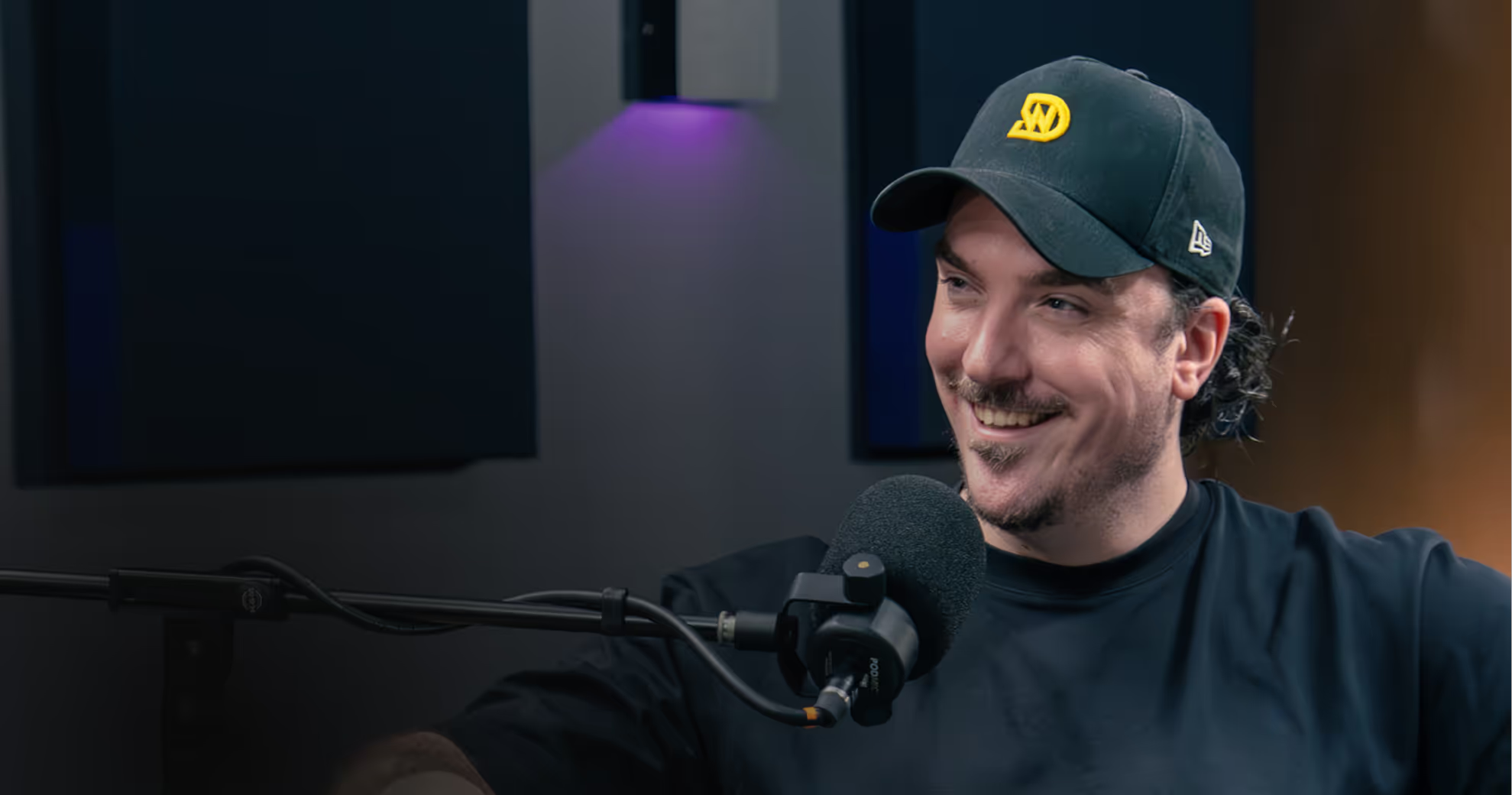
Work With Me
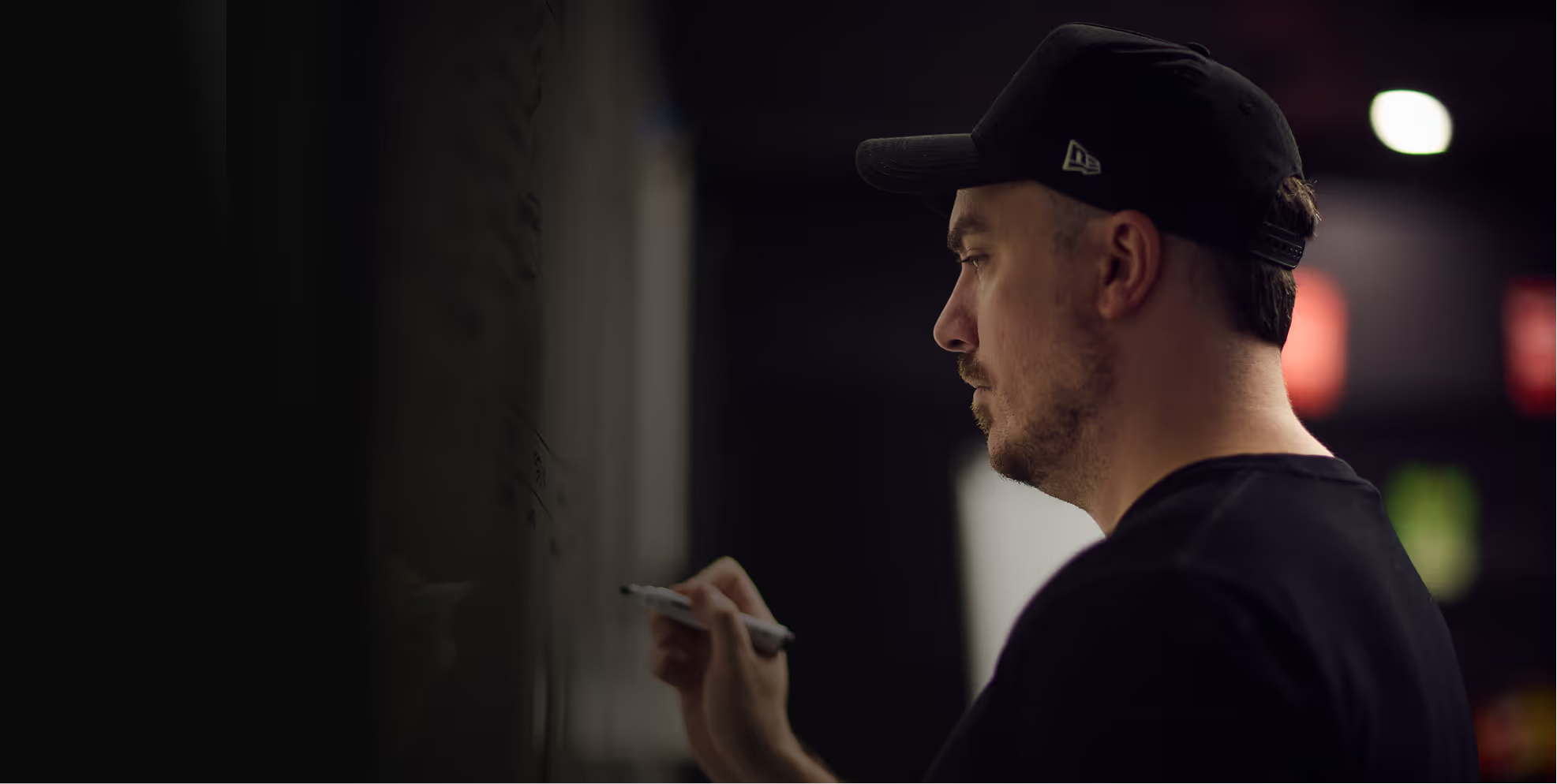
Enquire With Dain’s Team
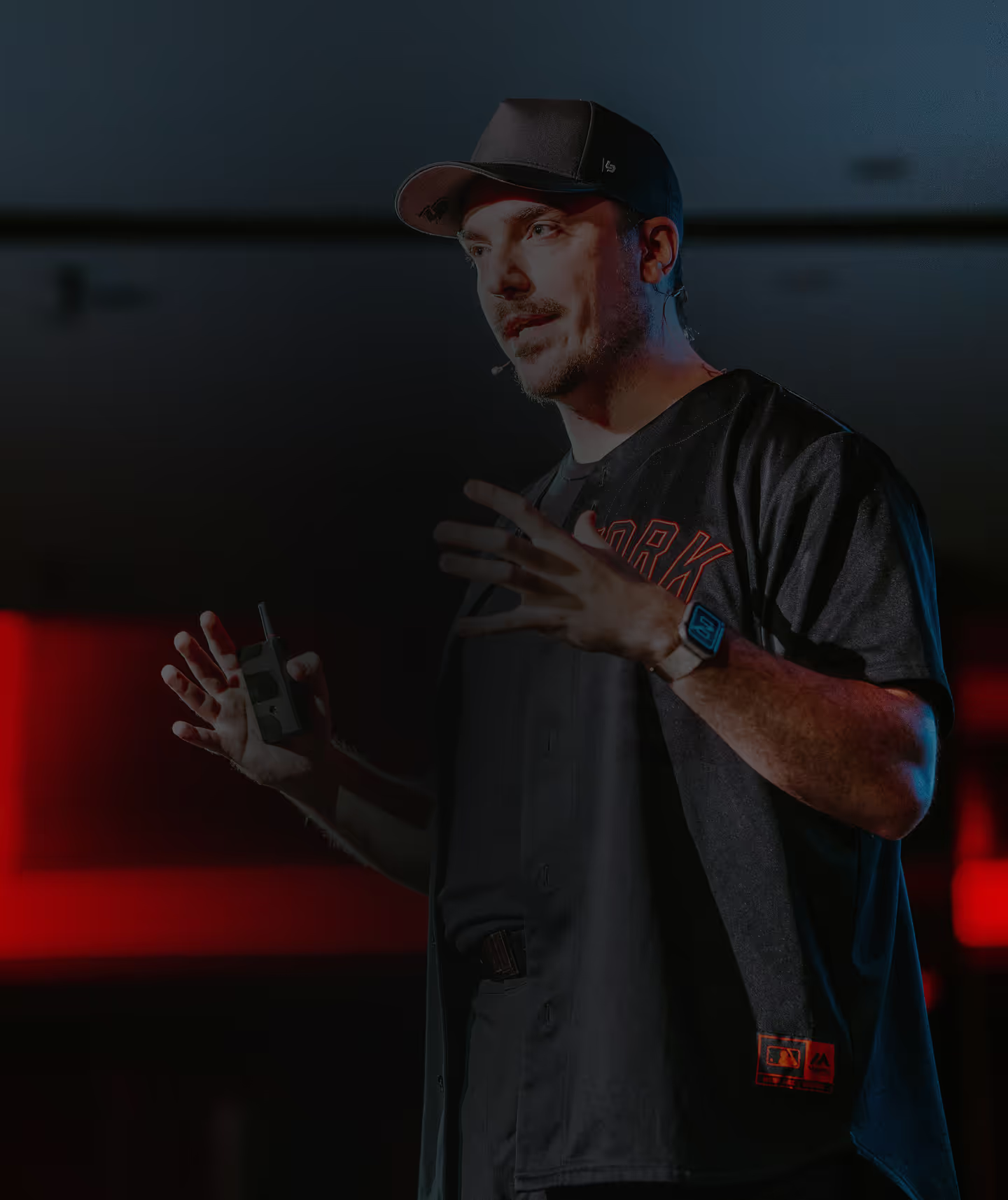
Enquire For Speaking

Let's Get You Branded
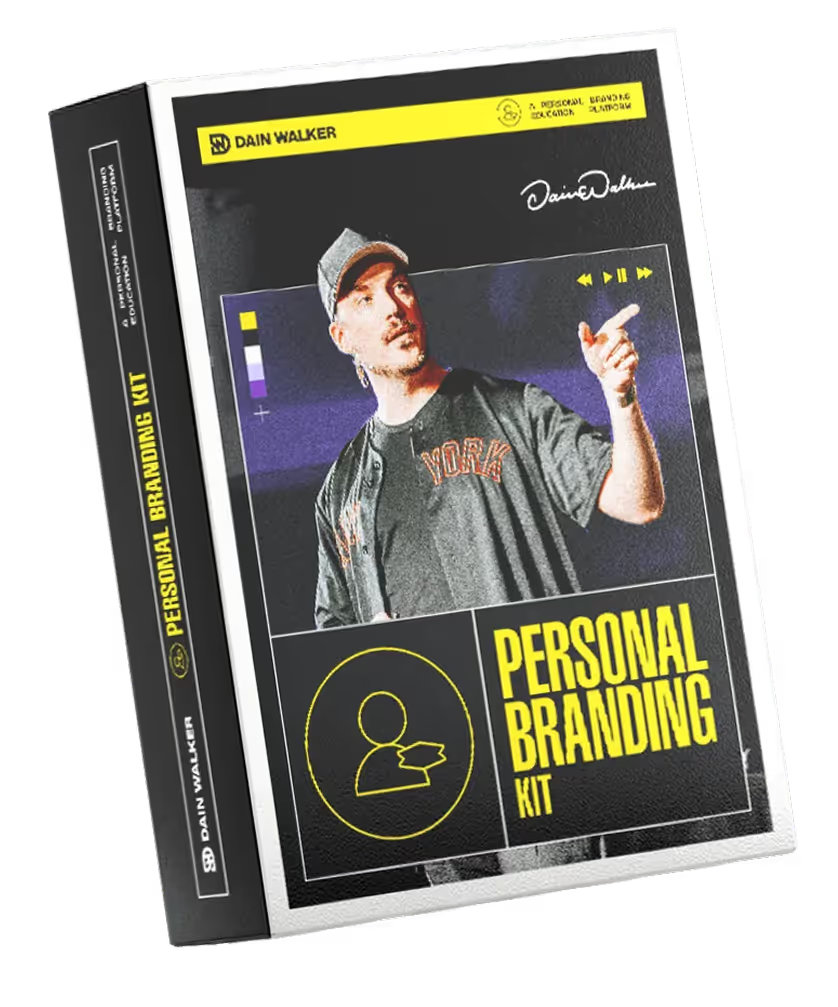
Apply to be a guest
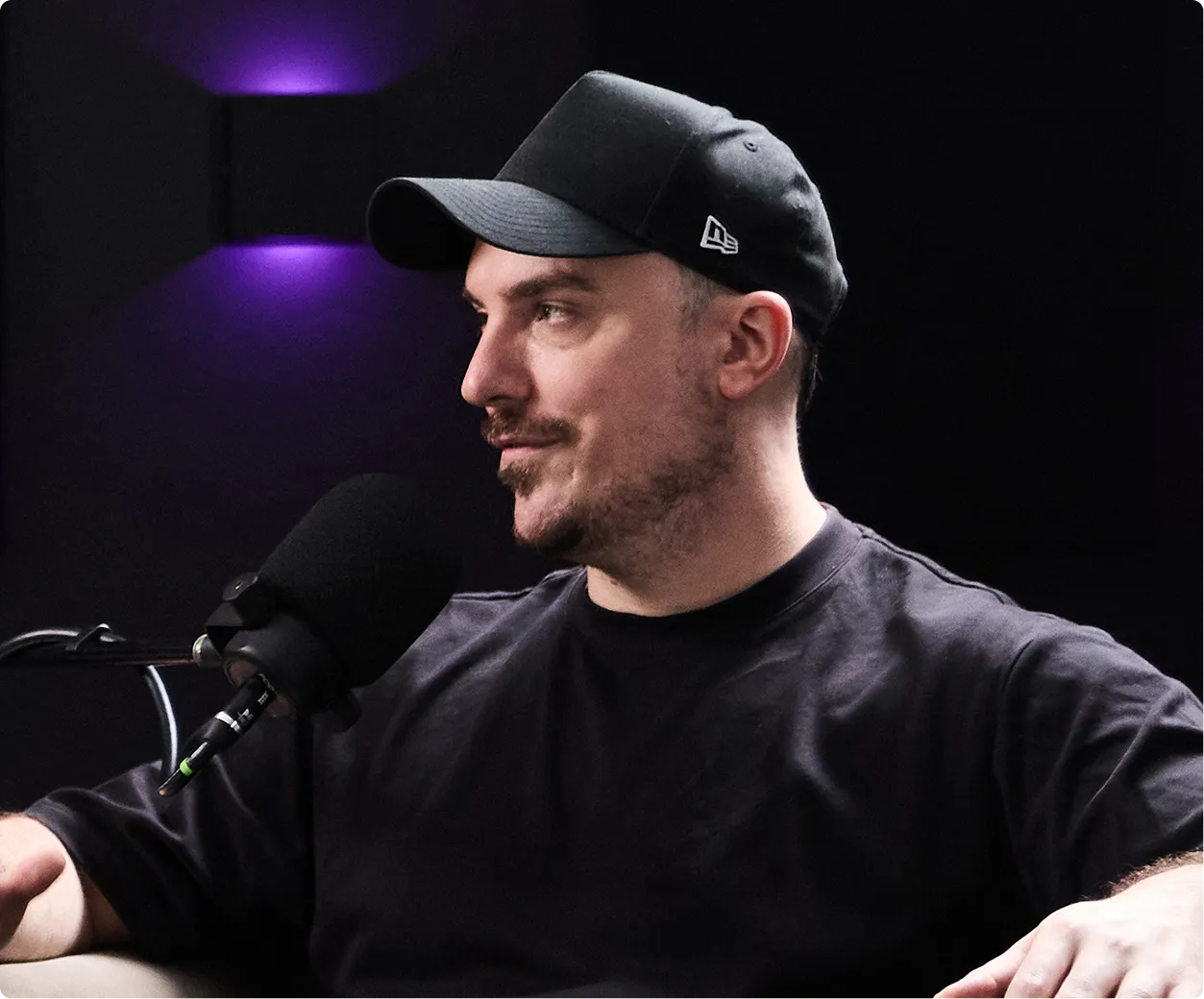
Dive into insights from industry leaders and experts.
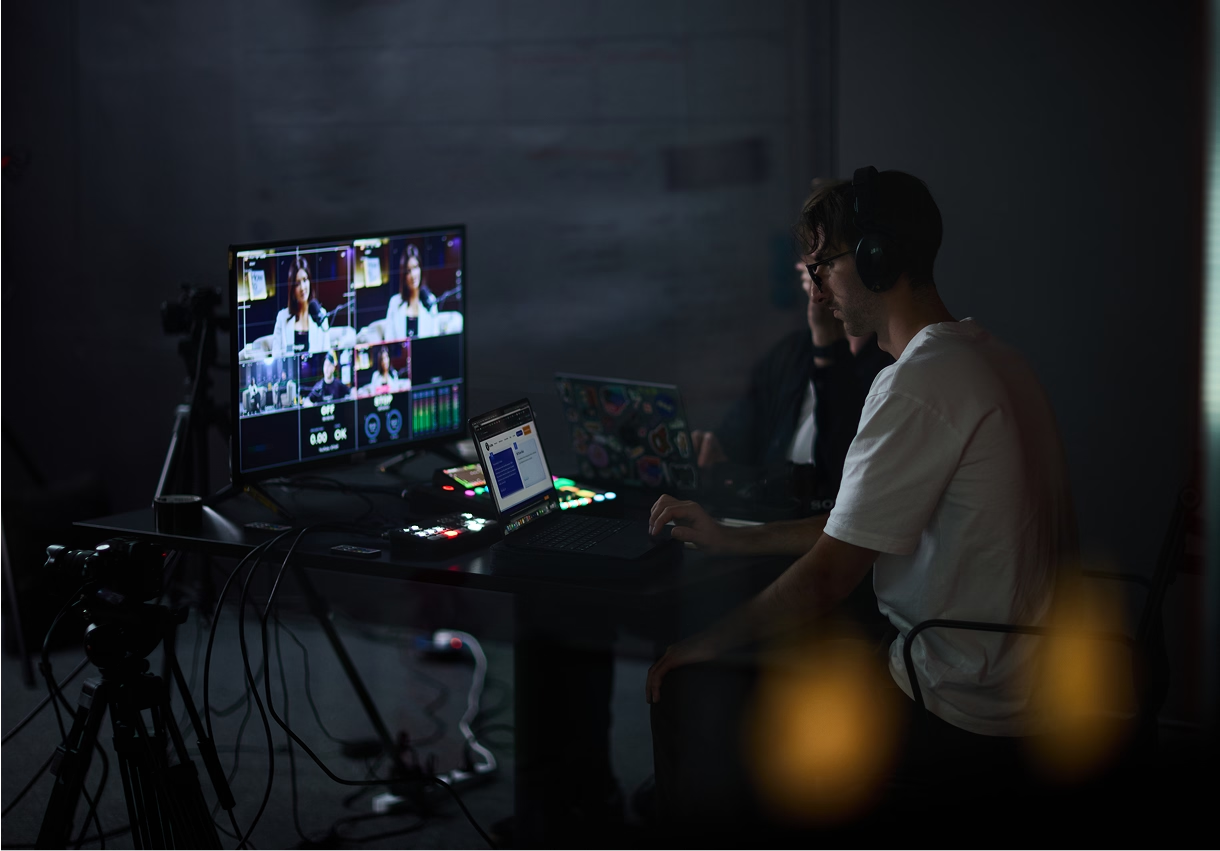
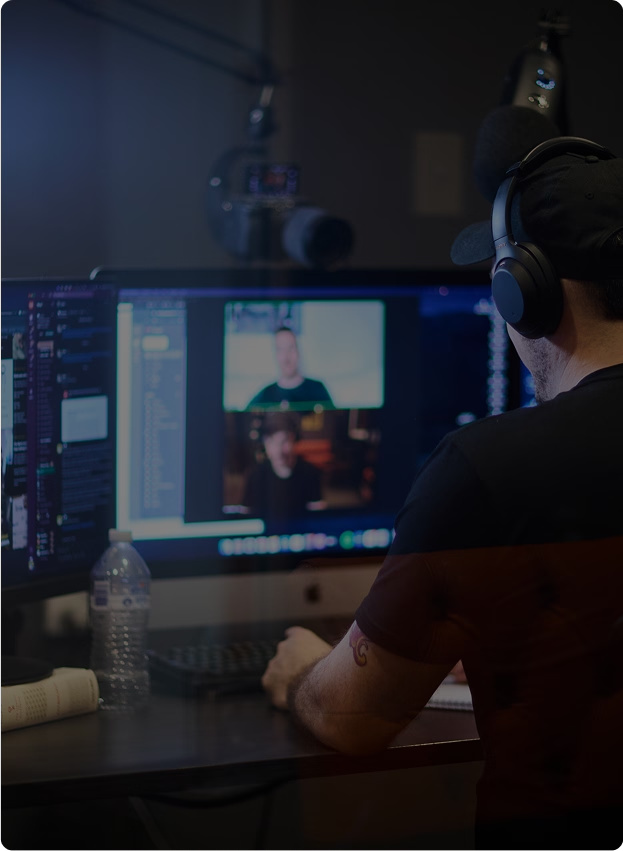
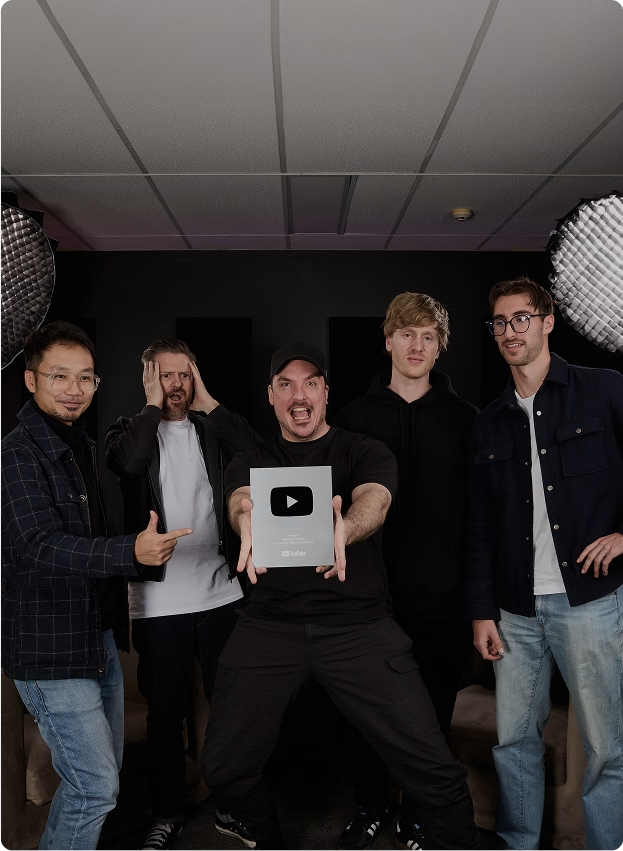
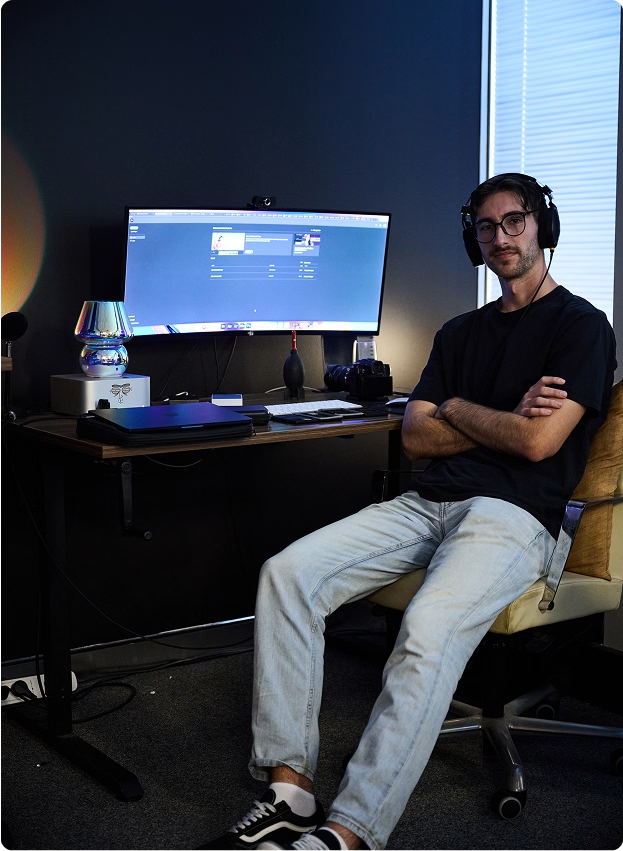
Stream now
Dive into expert advice and industry trends.
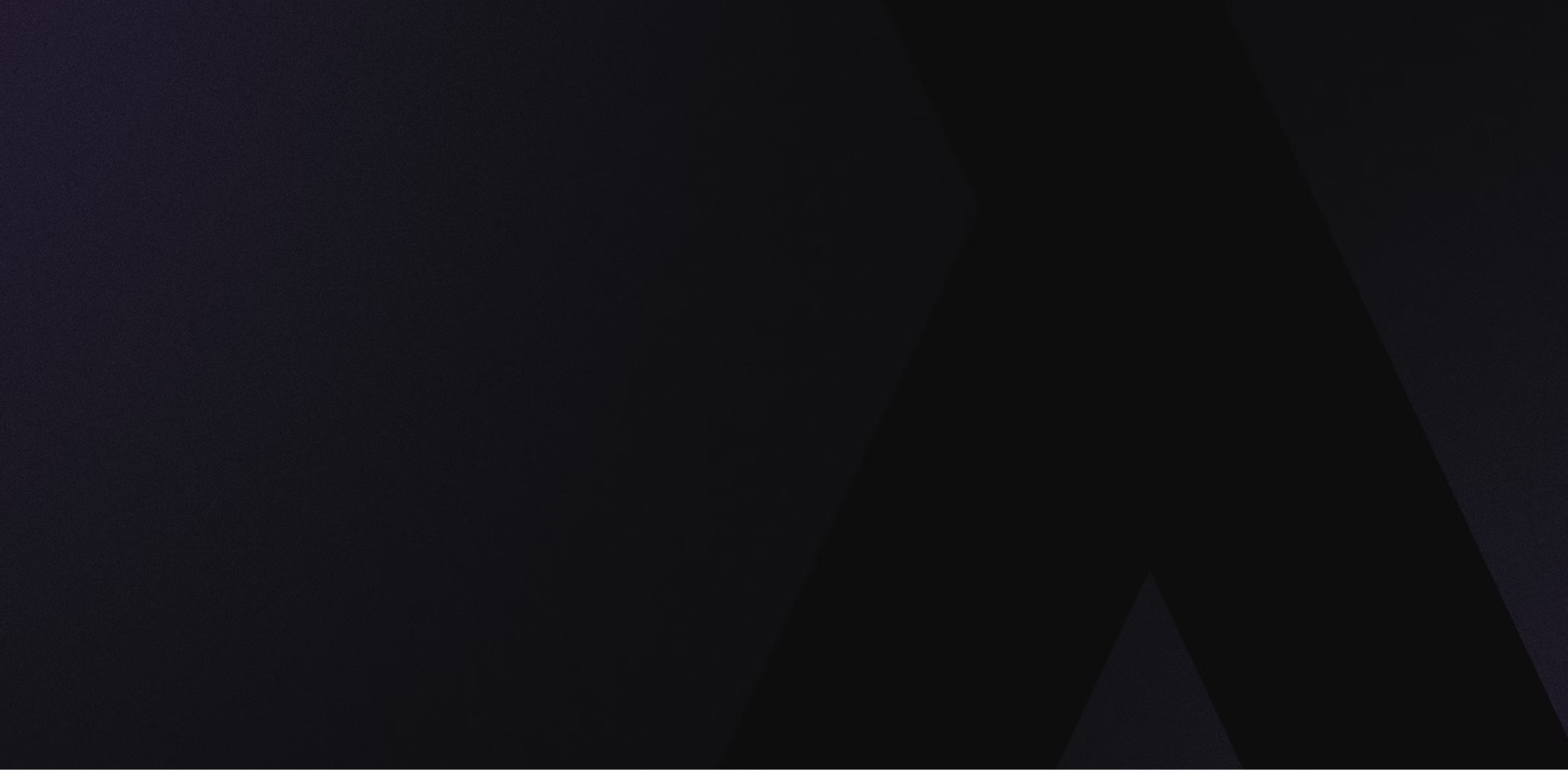

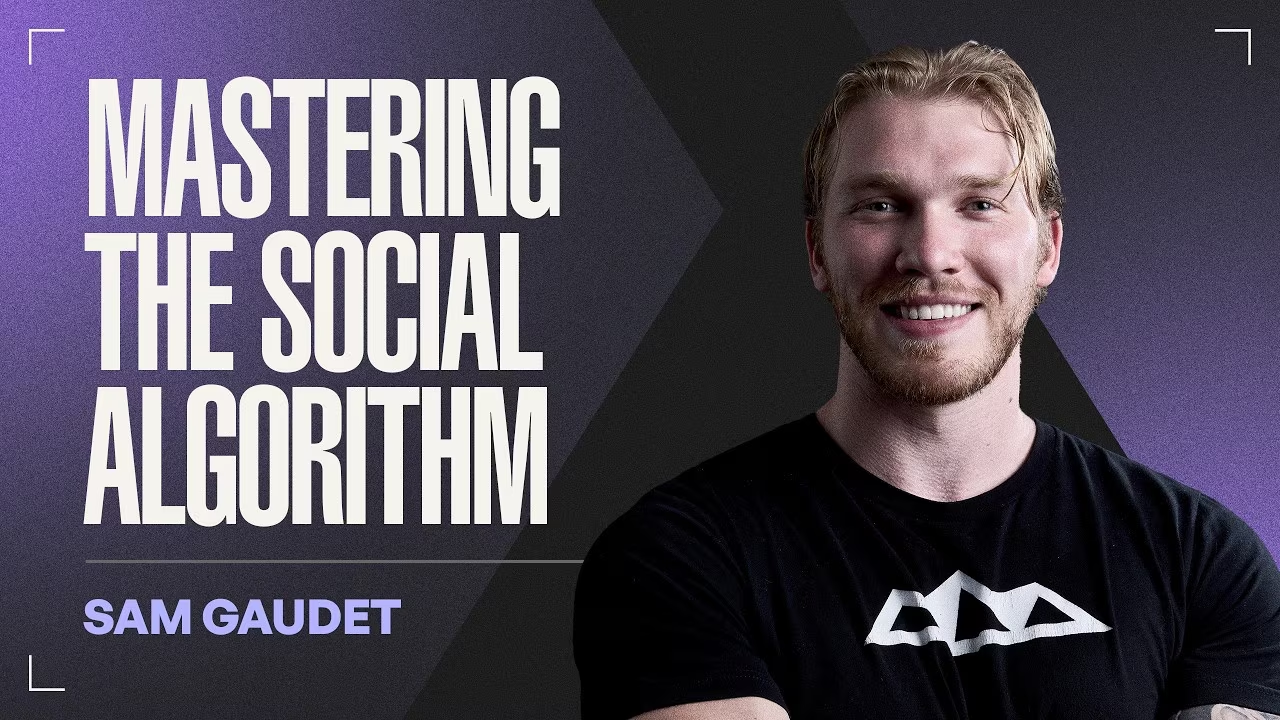
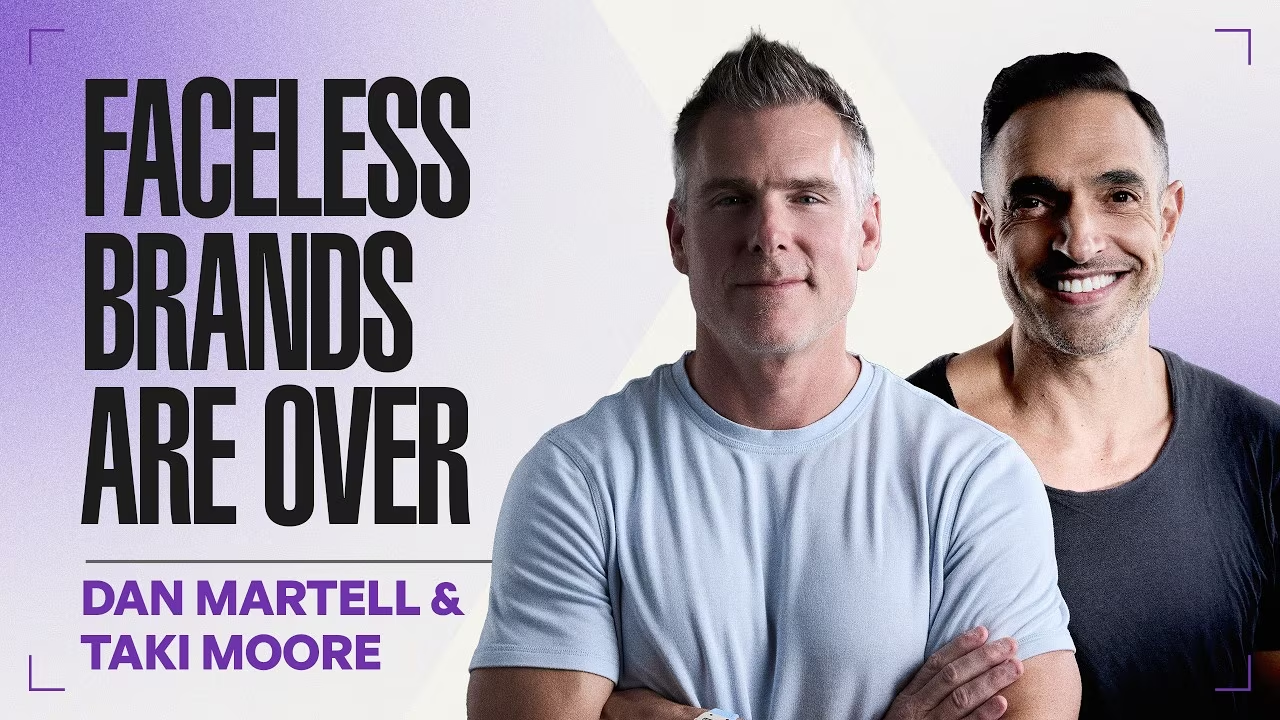
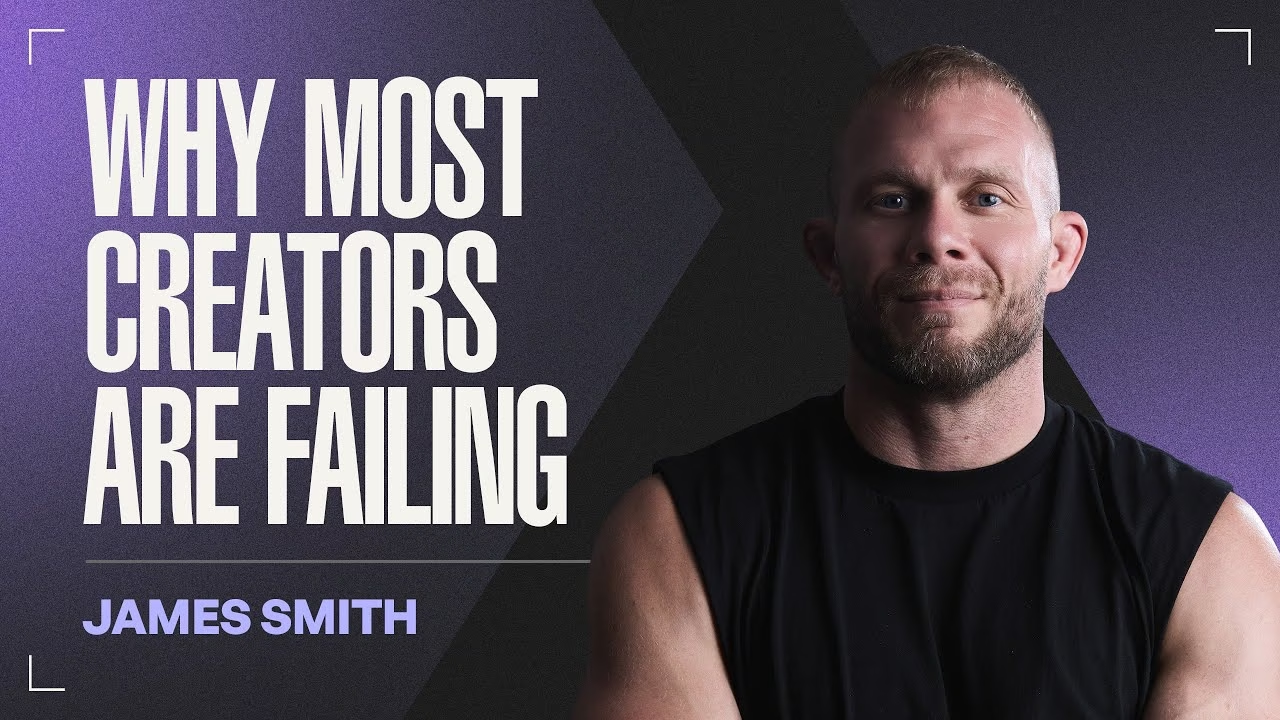
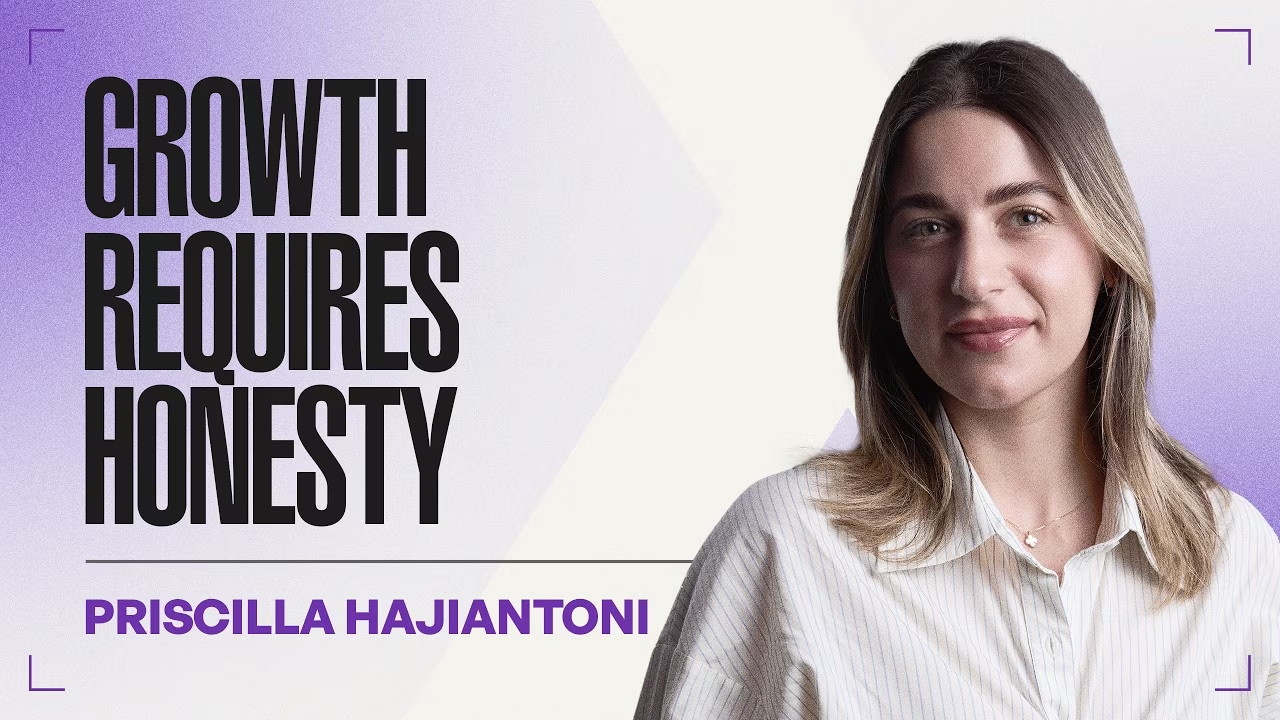
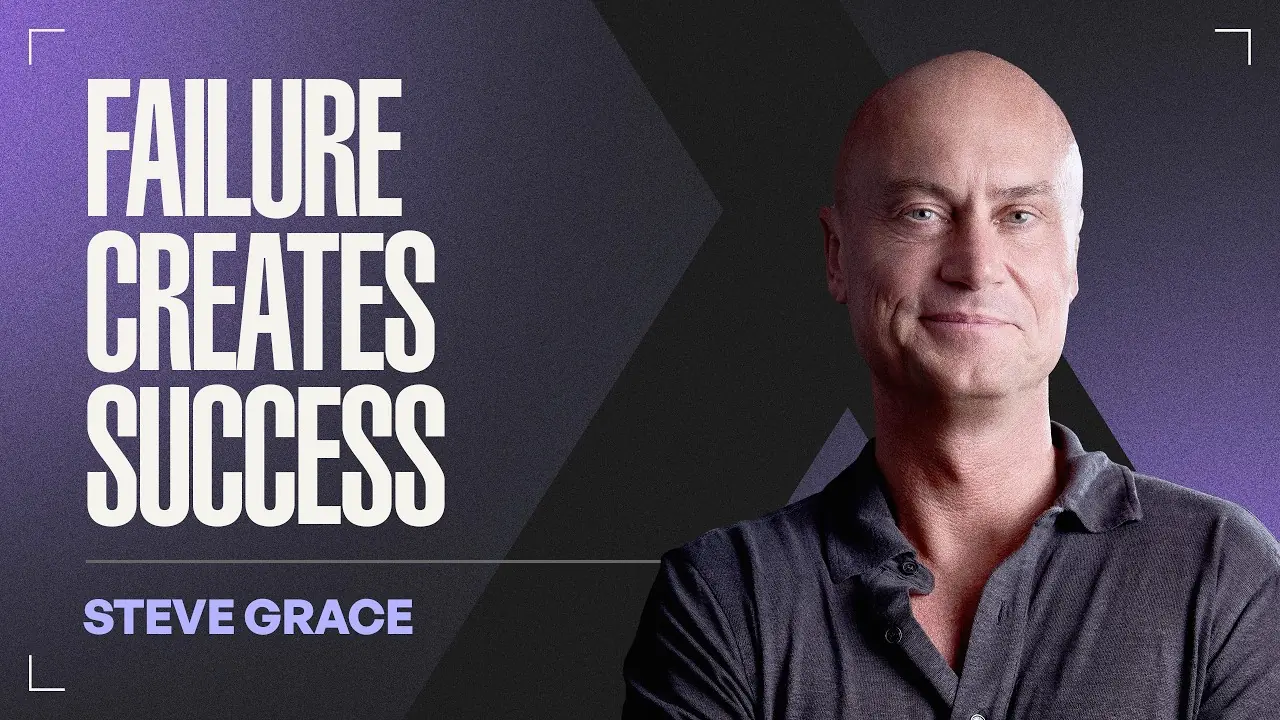
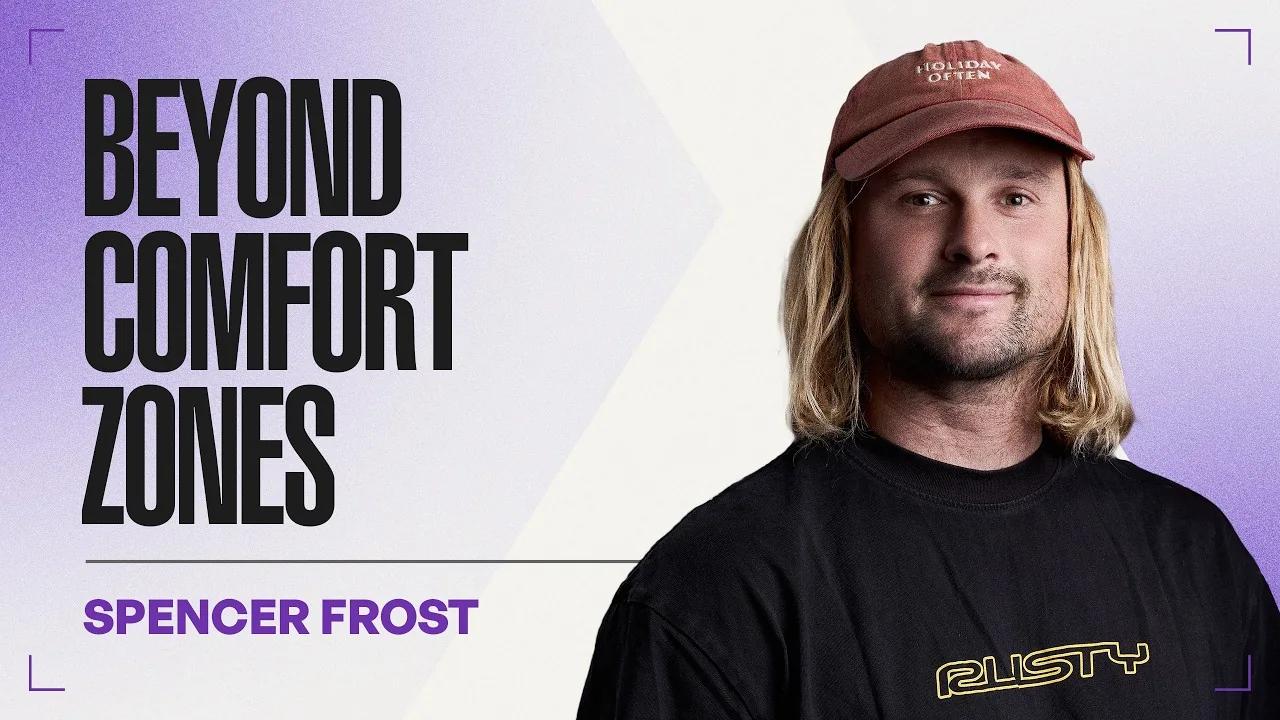
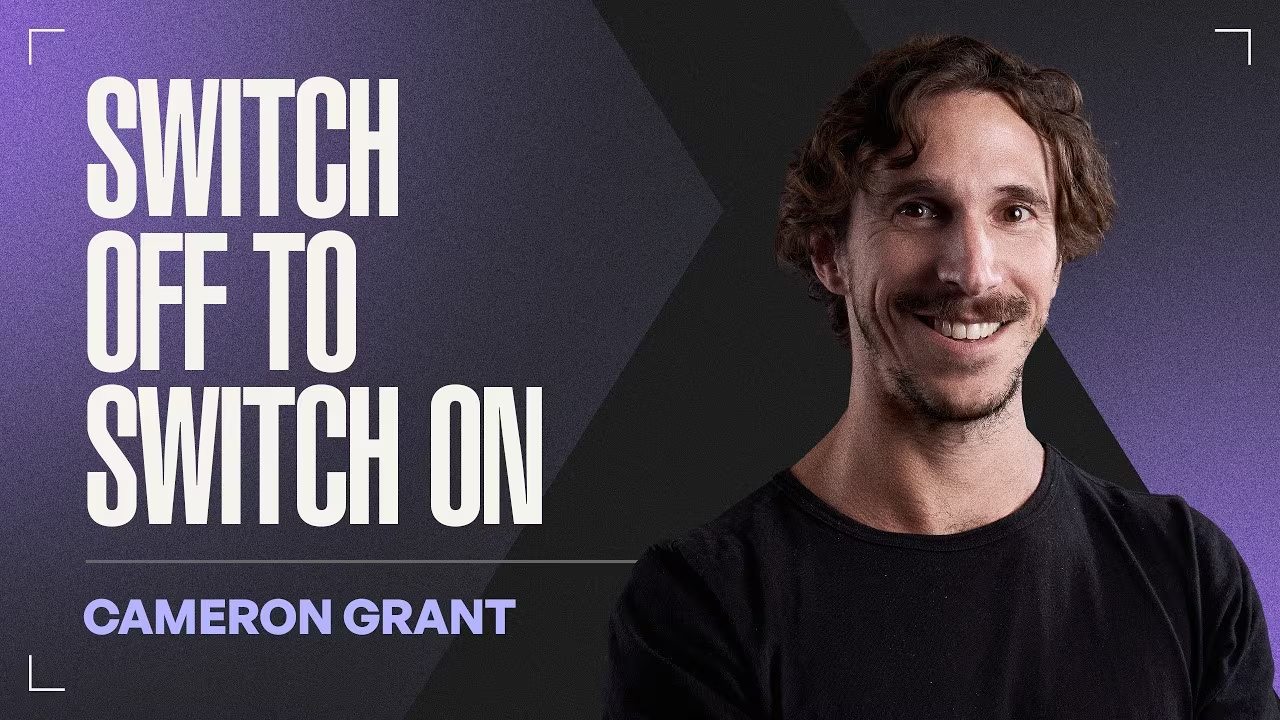
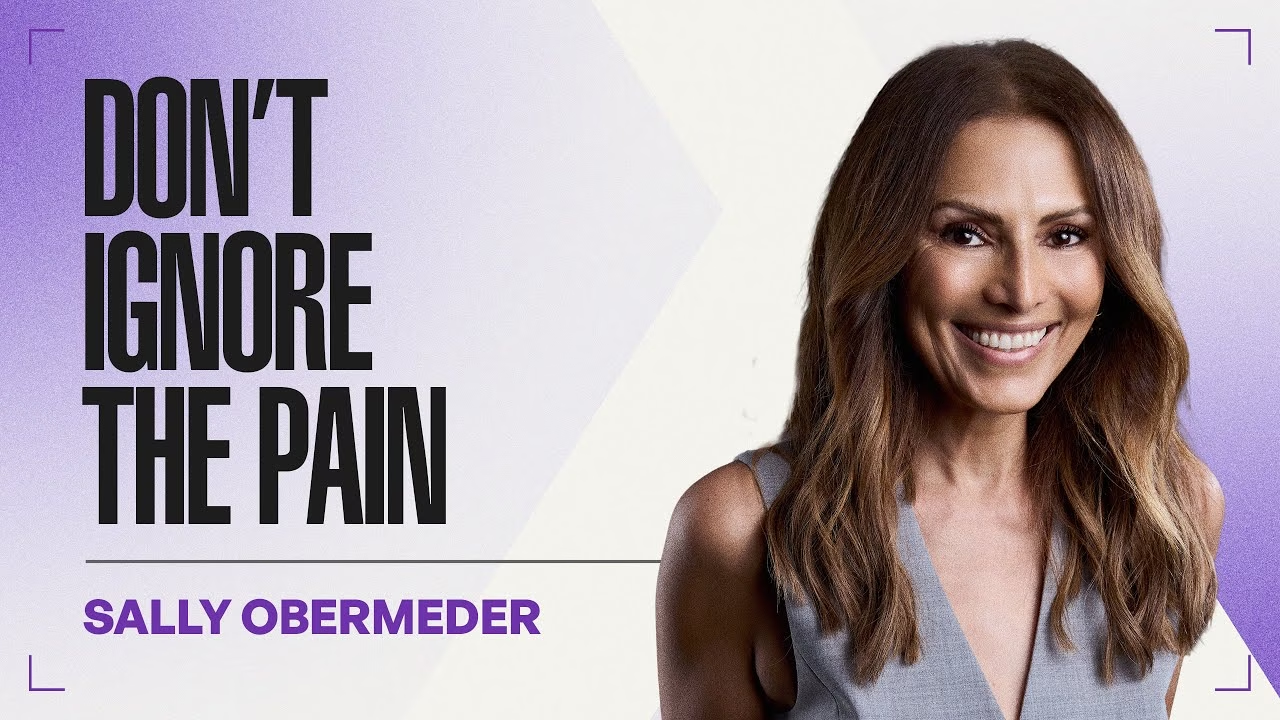
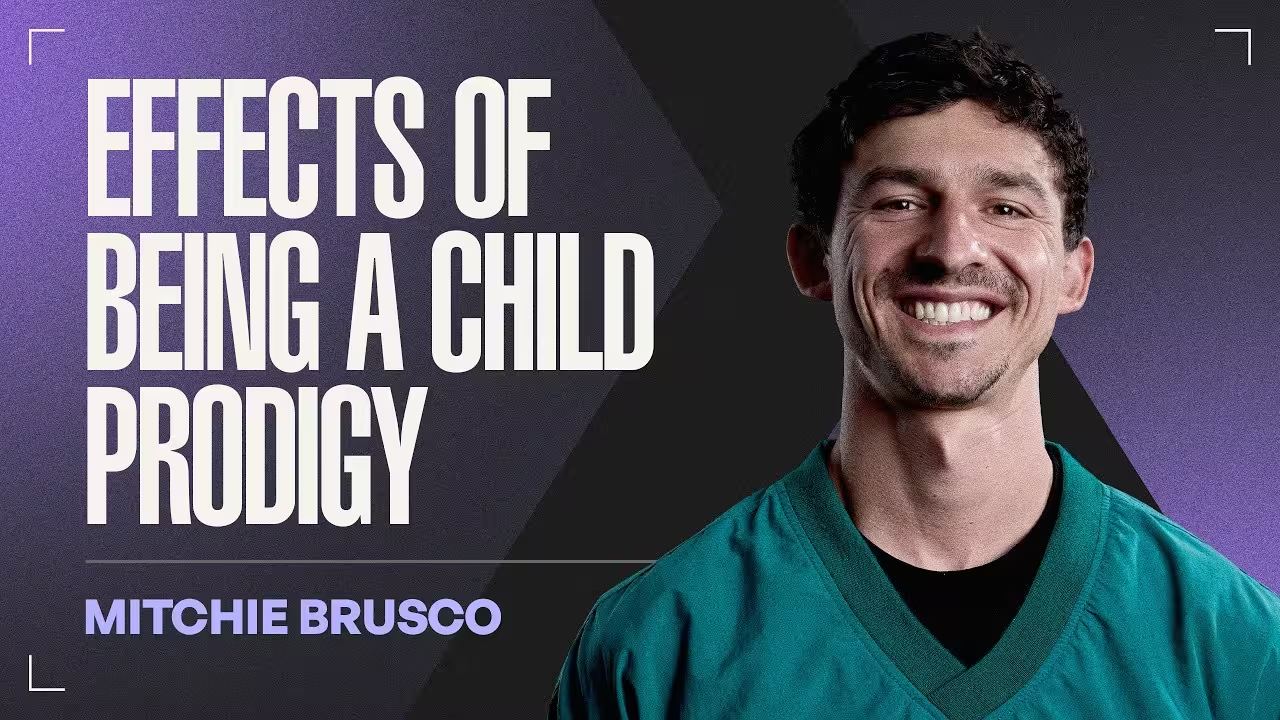
.avif)
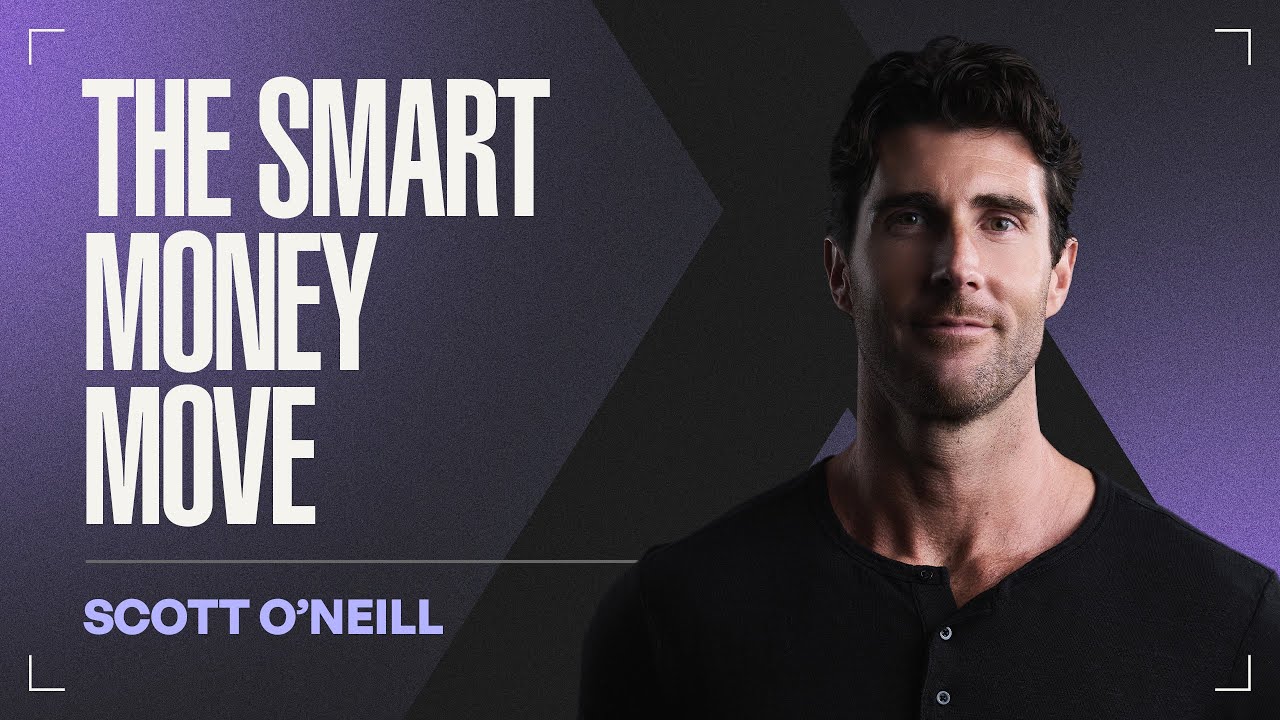
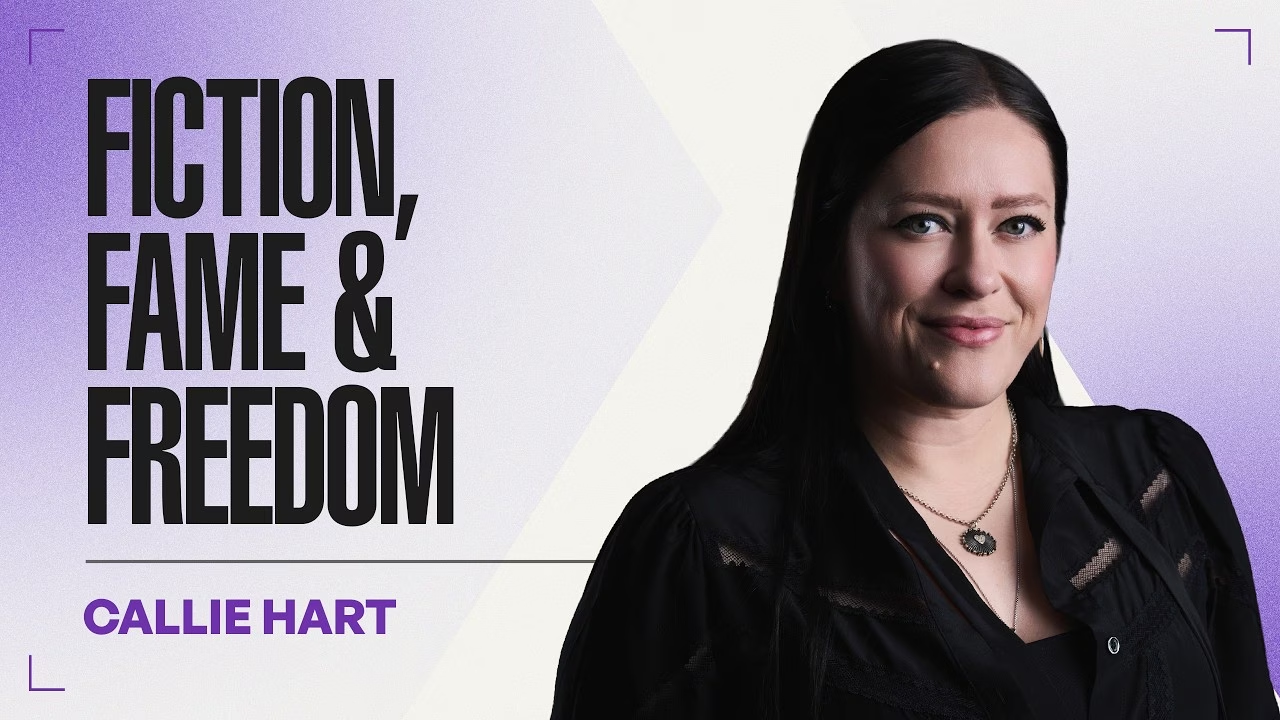

.avif)
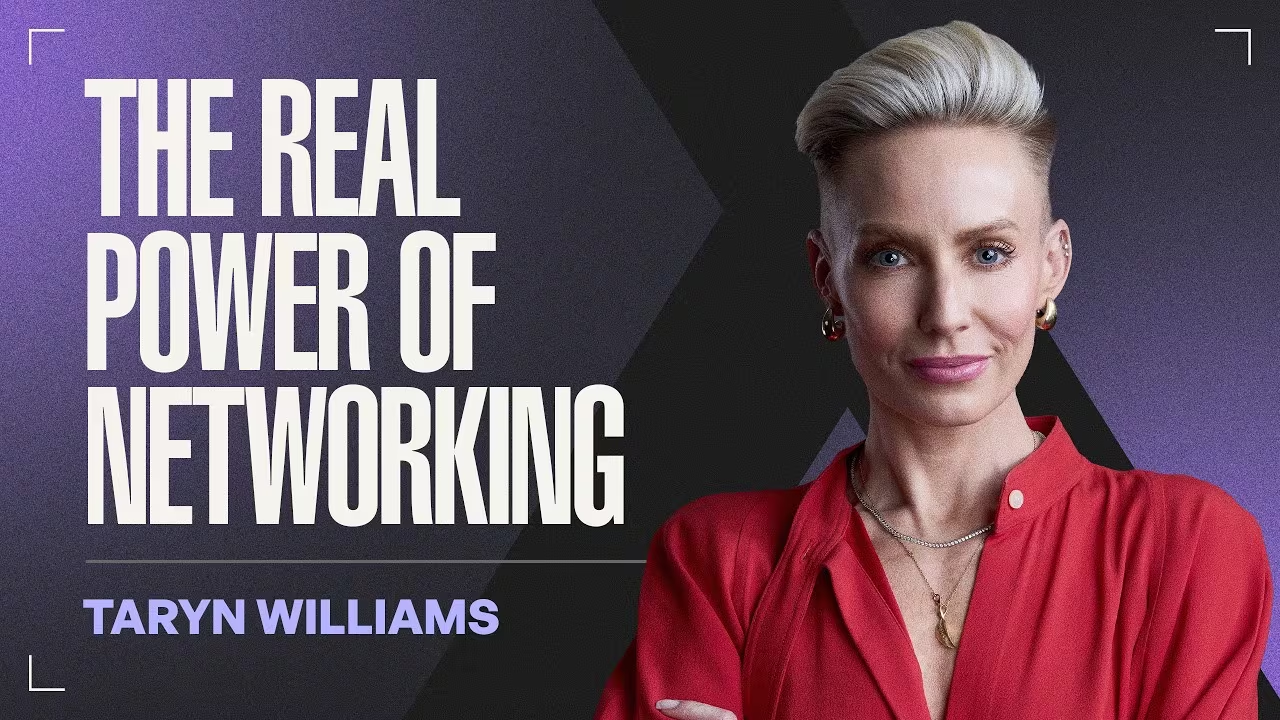

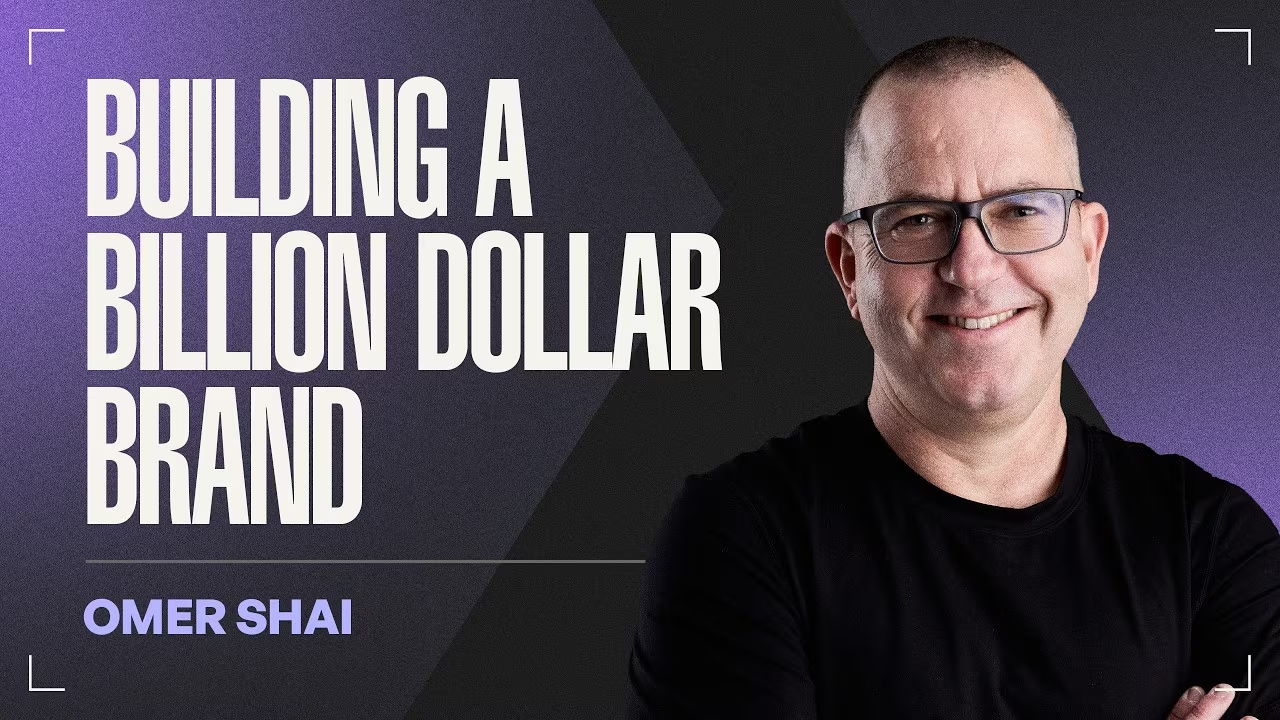
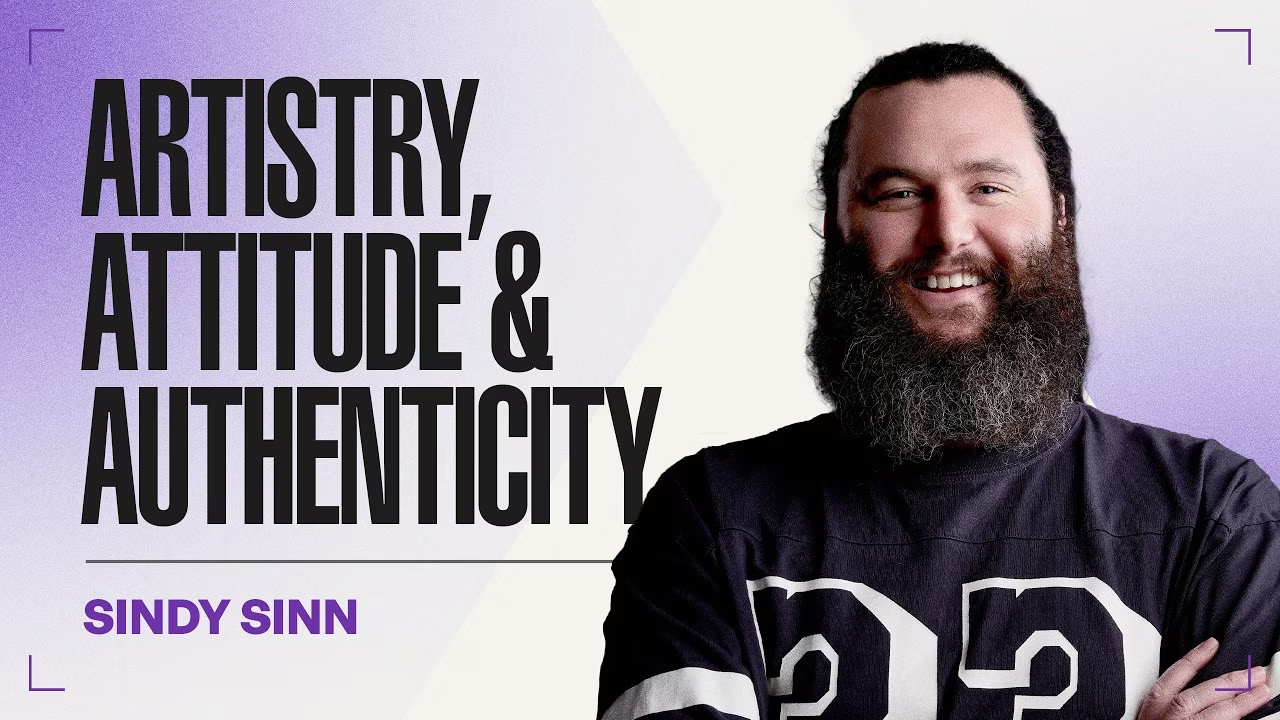
%20(1).avif)
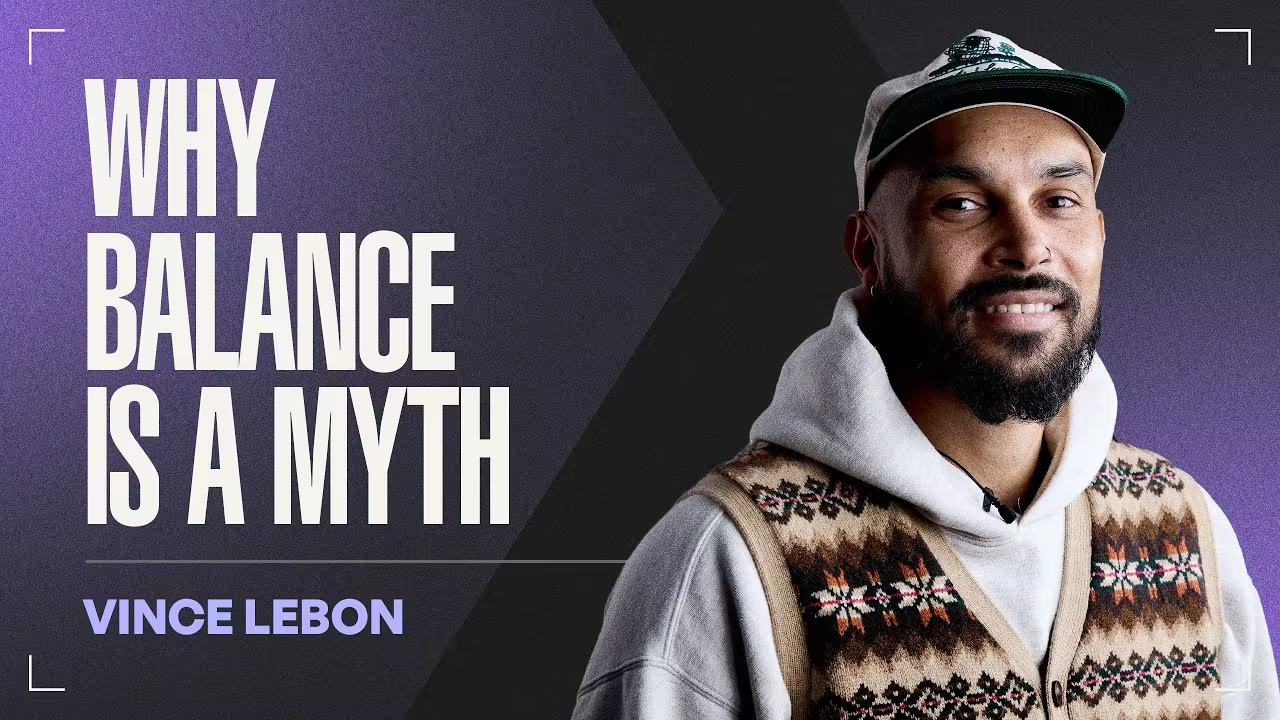

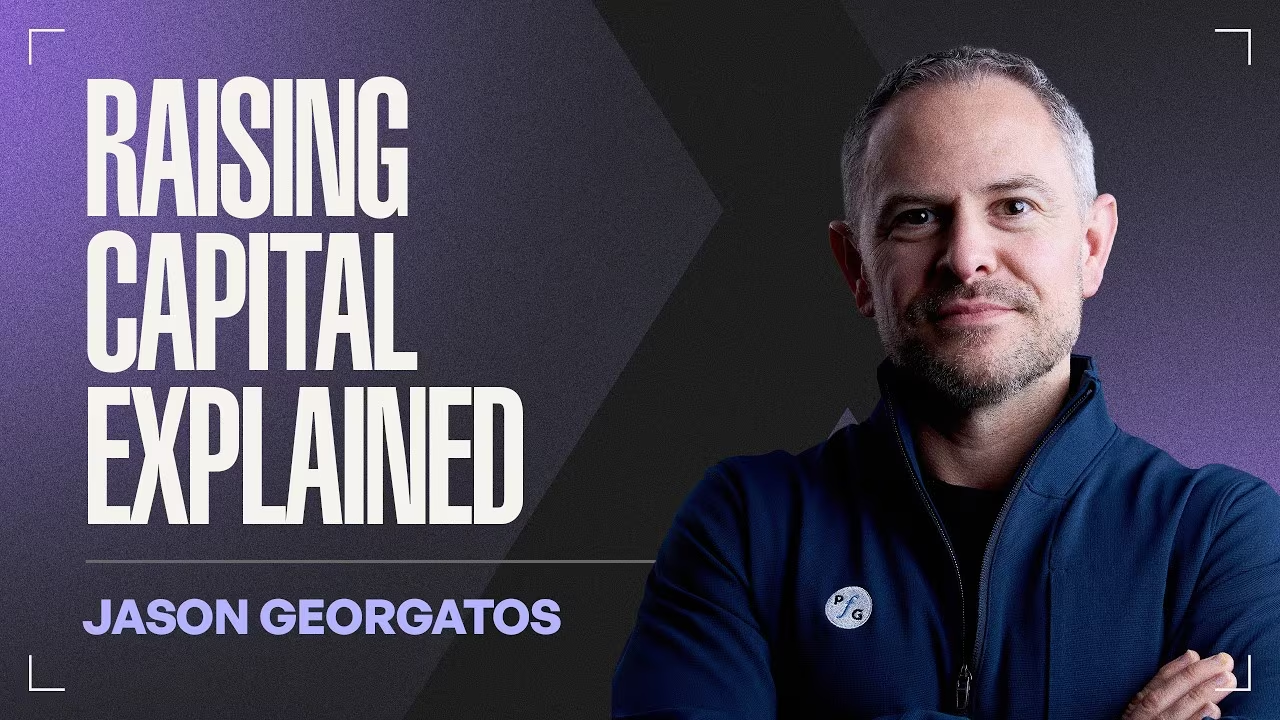
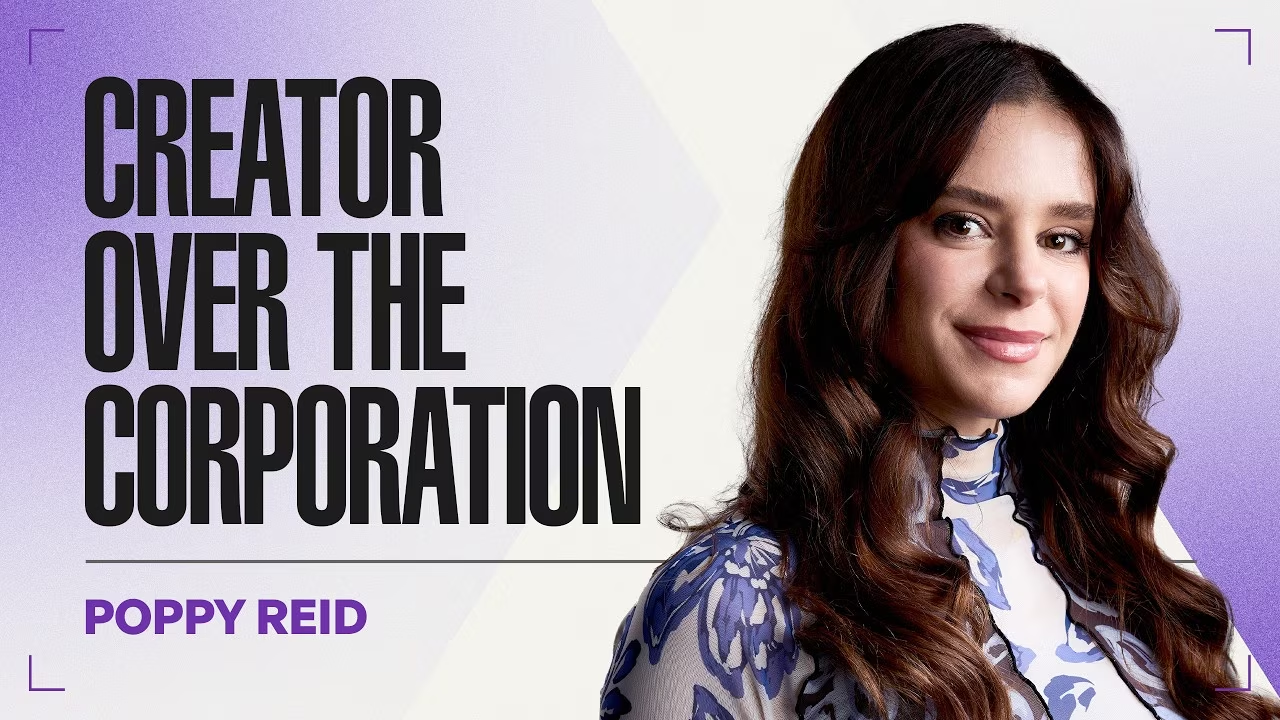
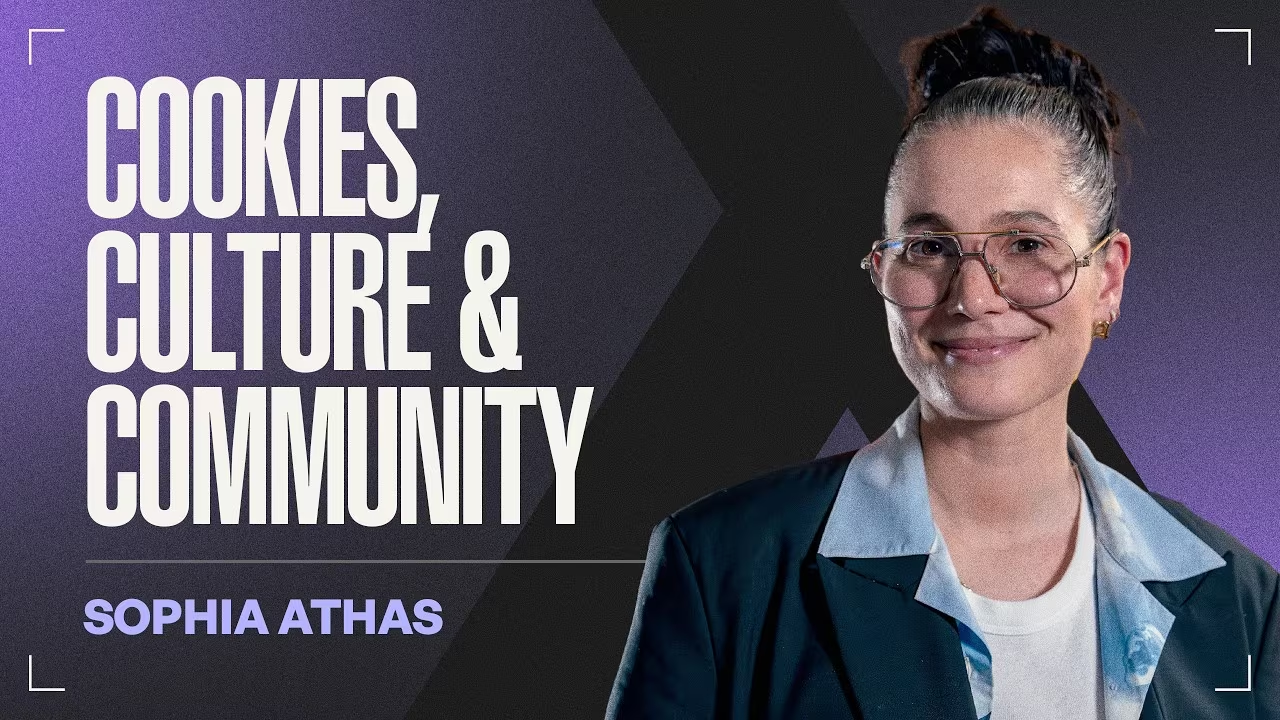

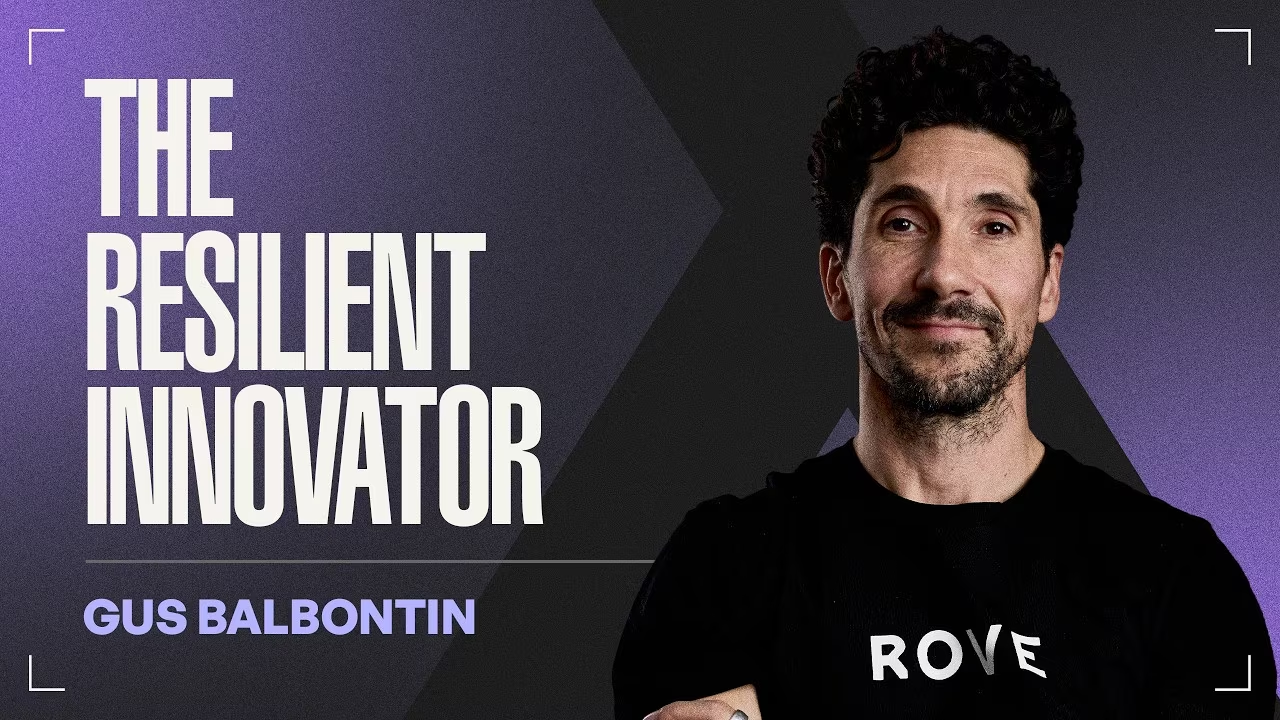
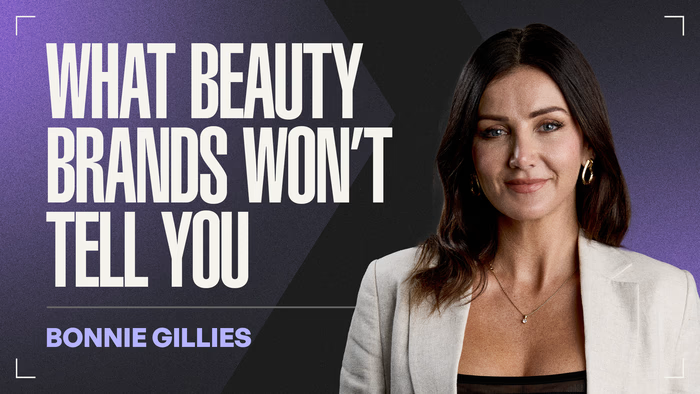


.avif)

